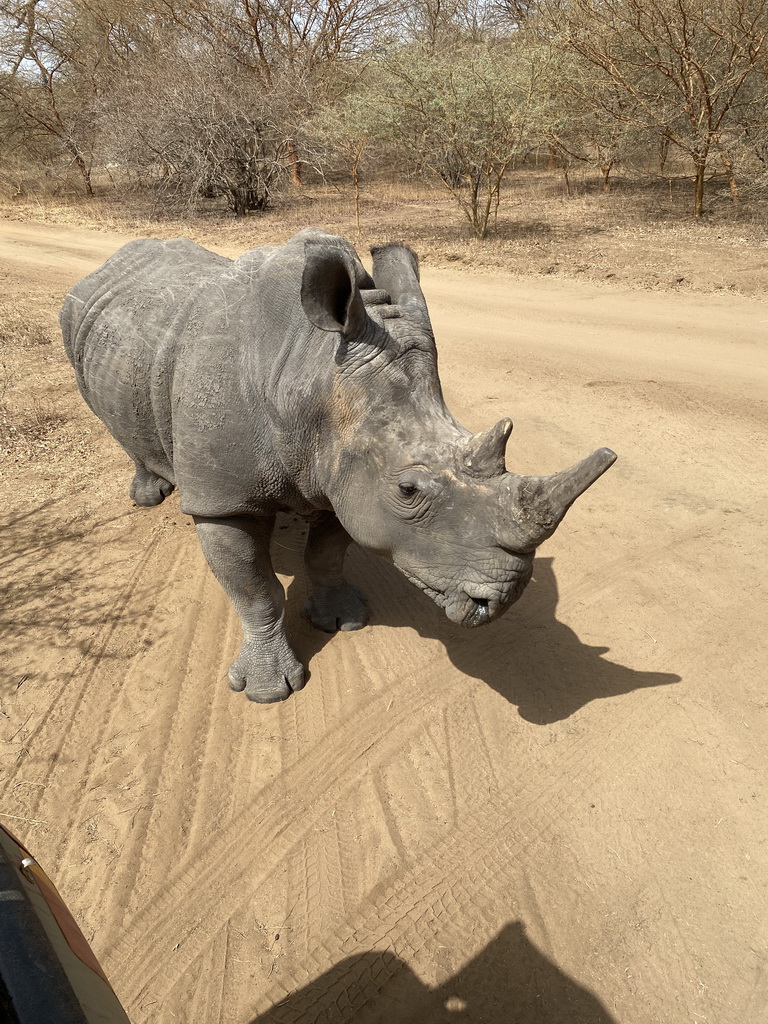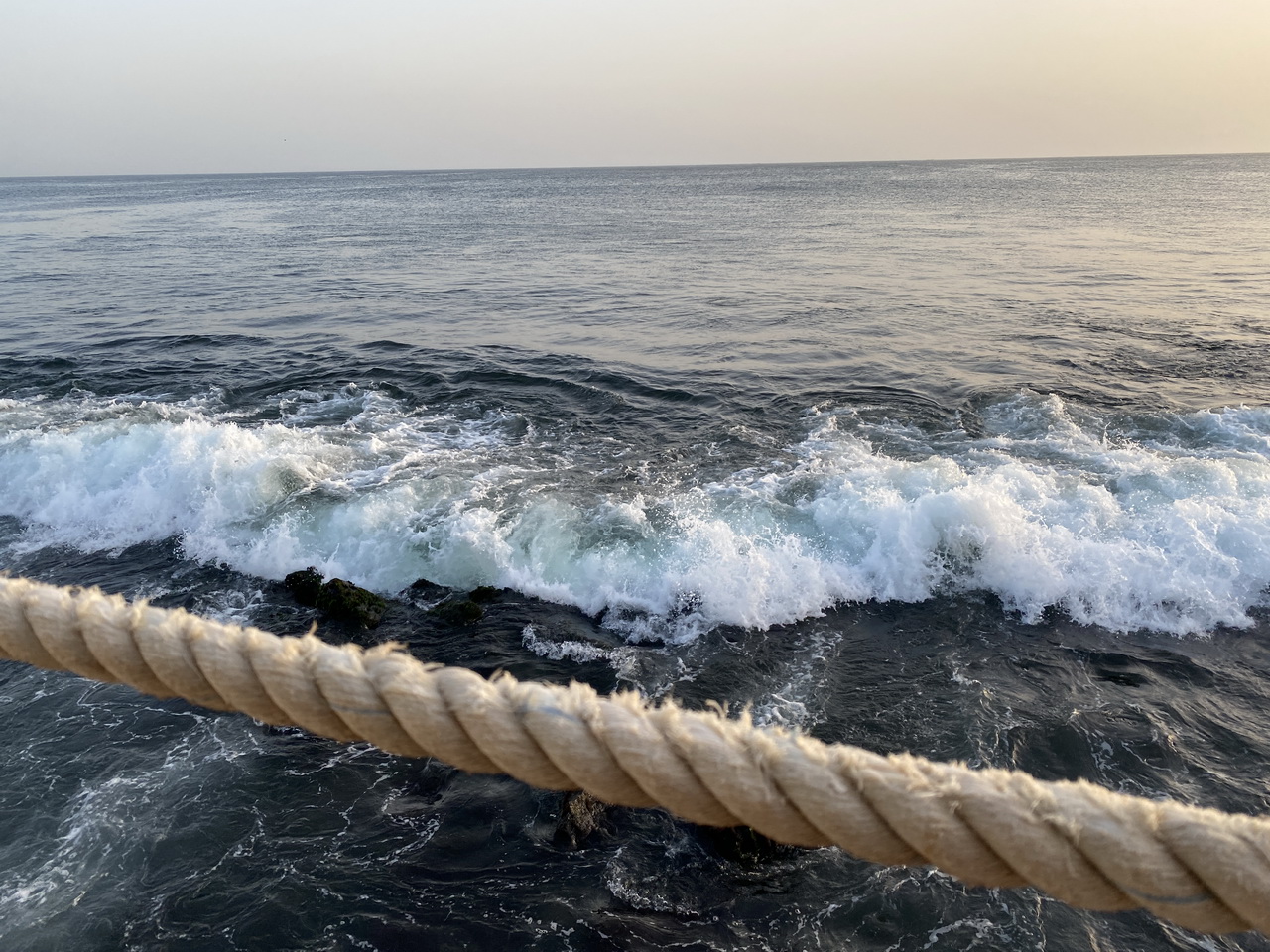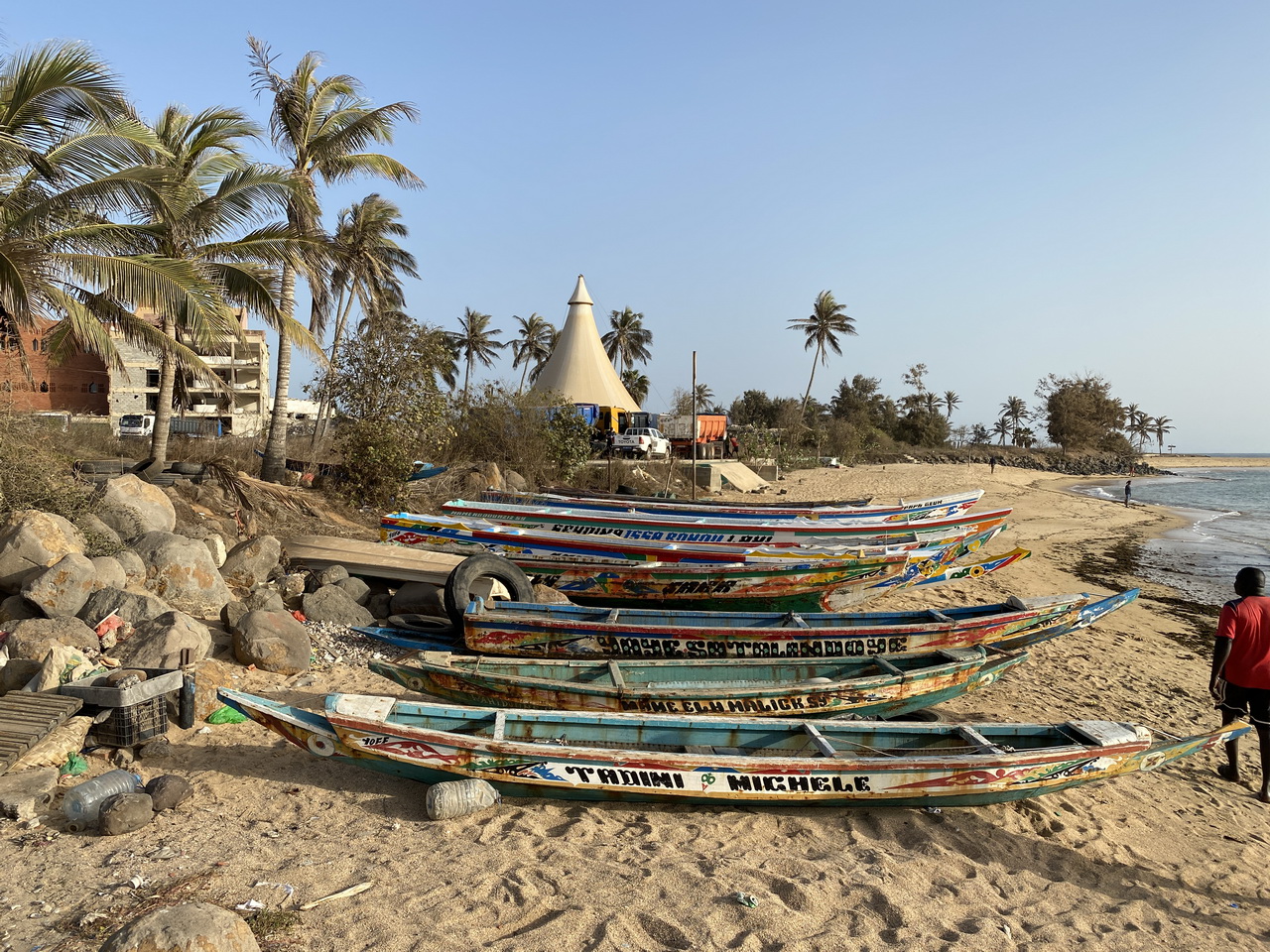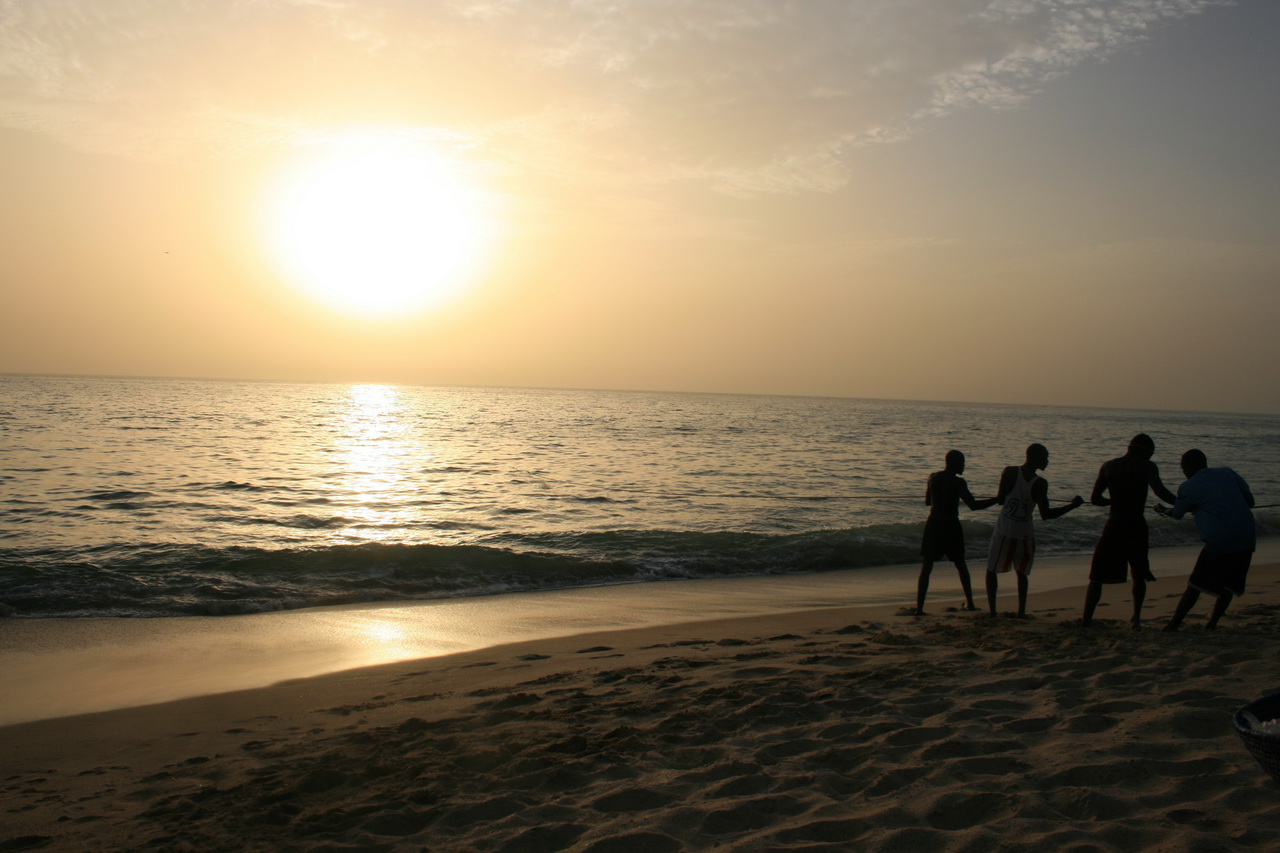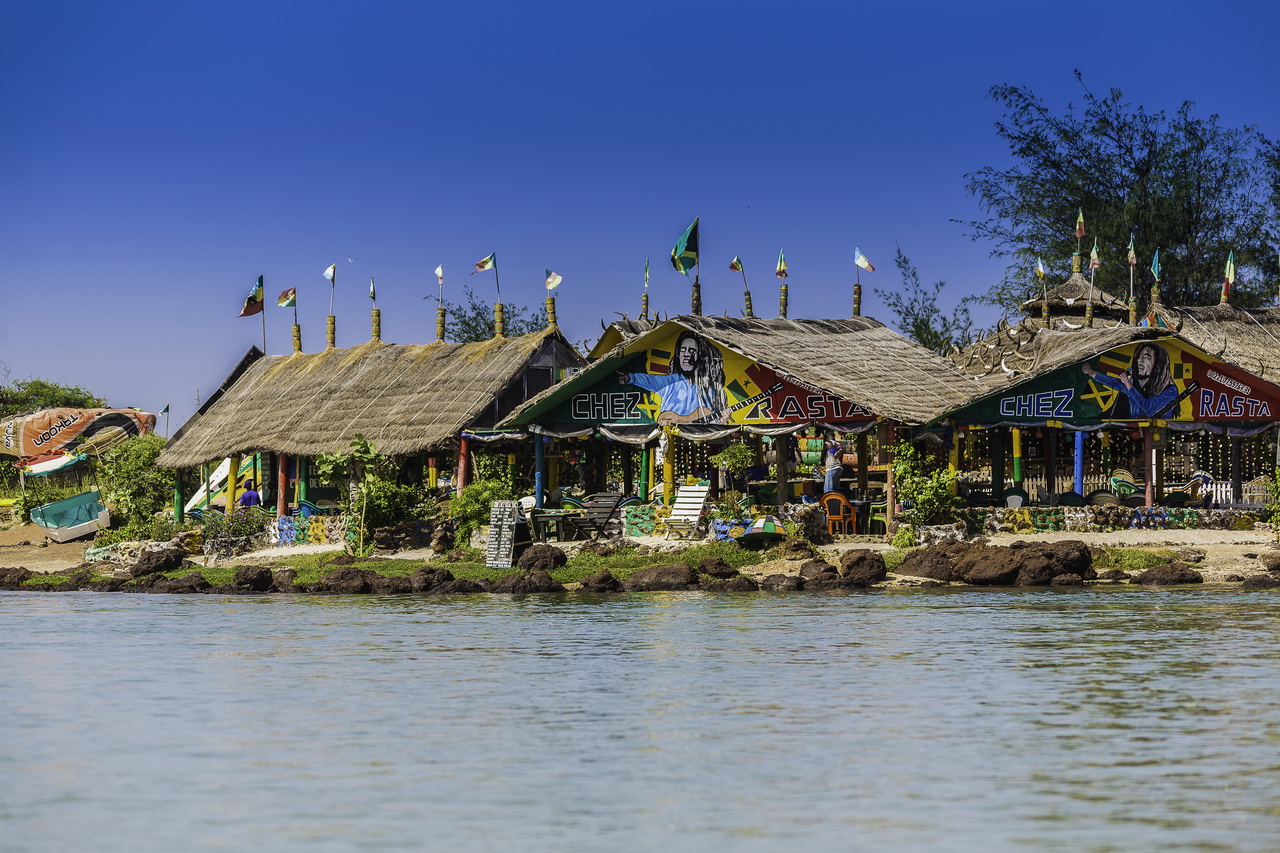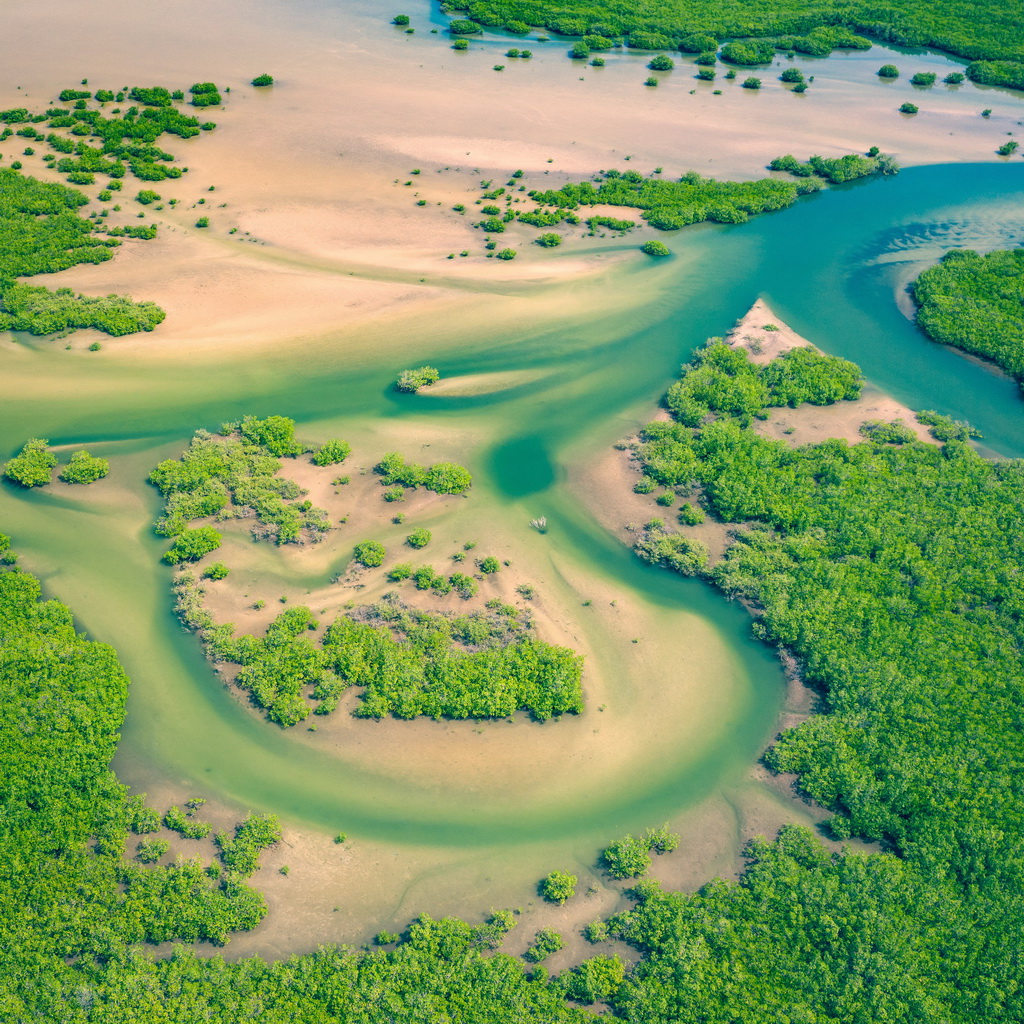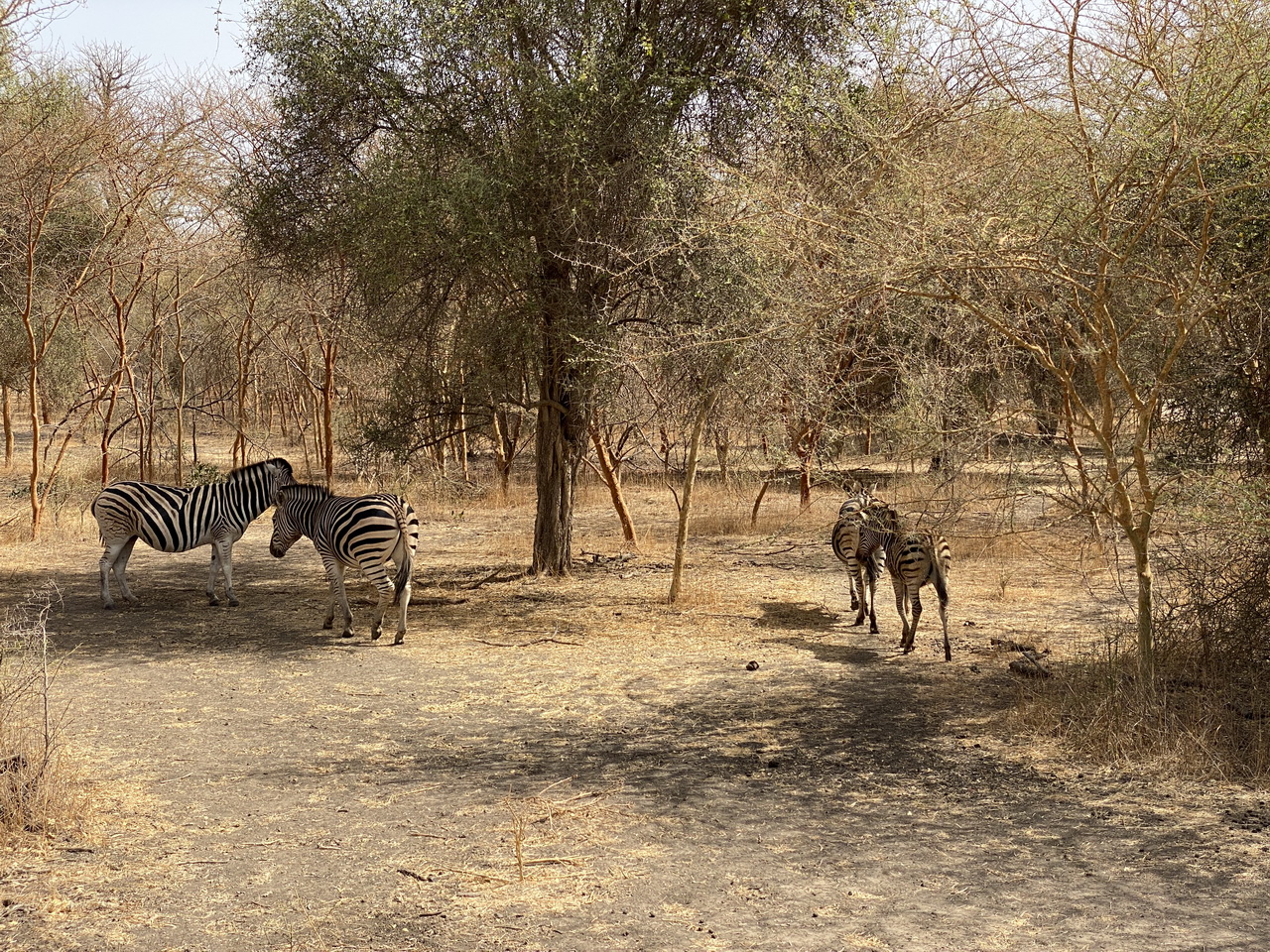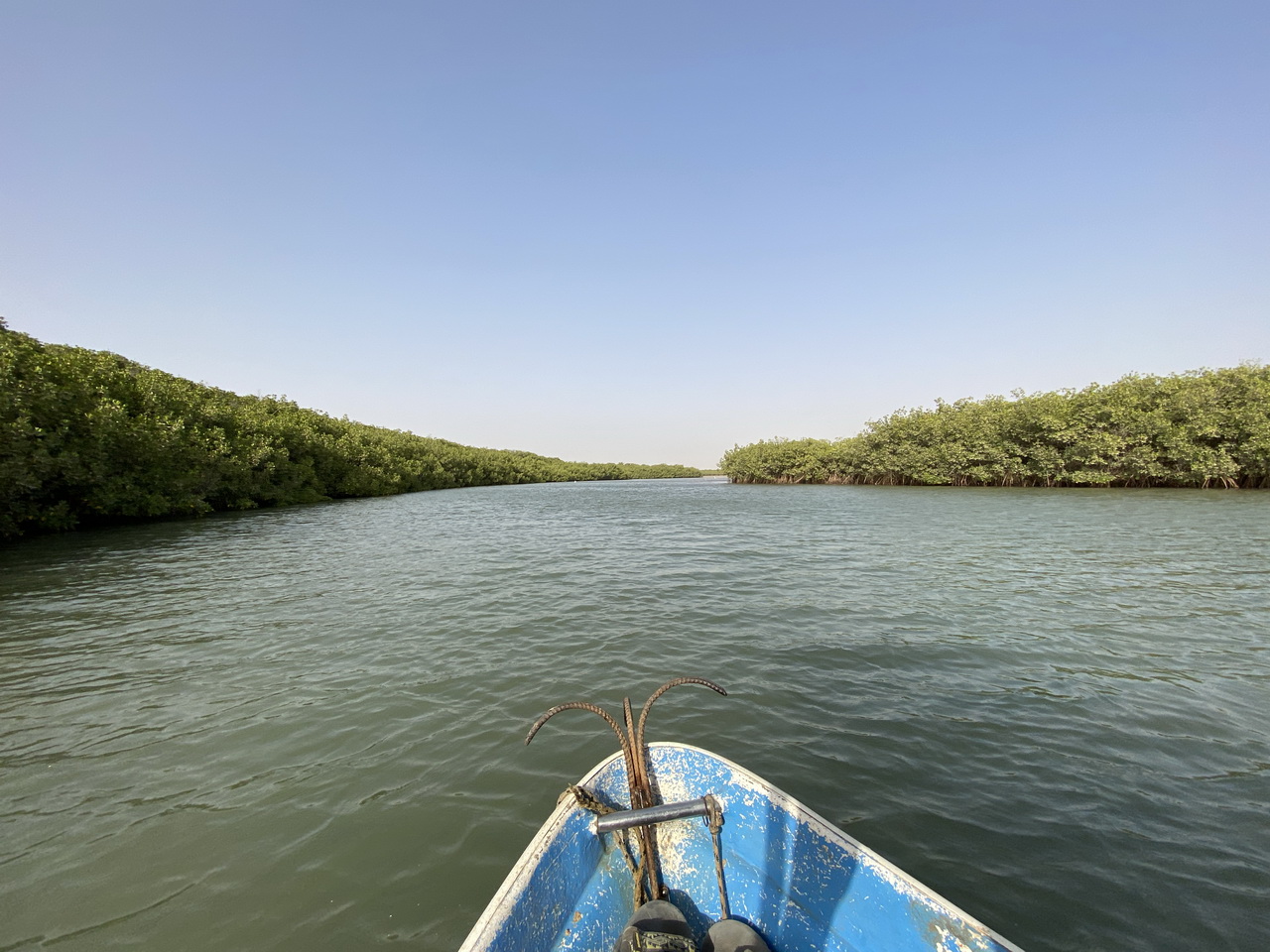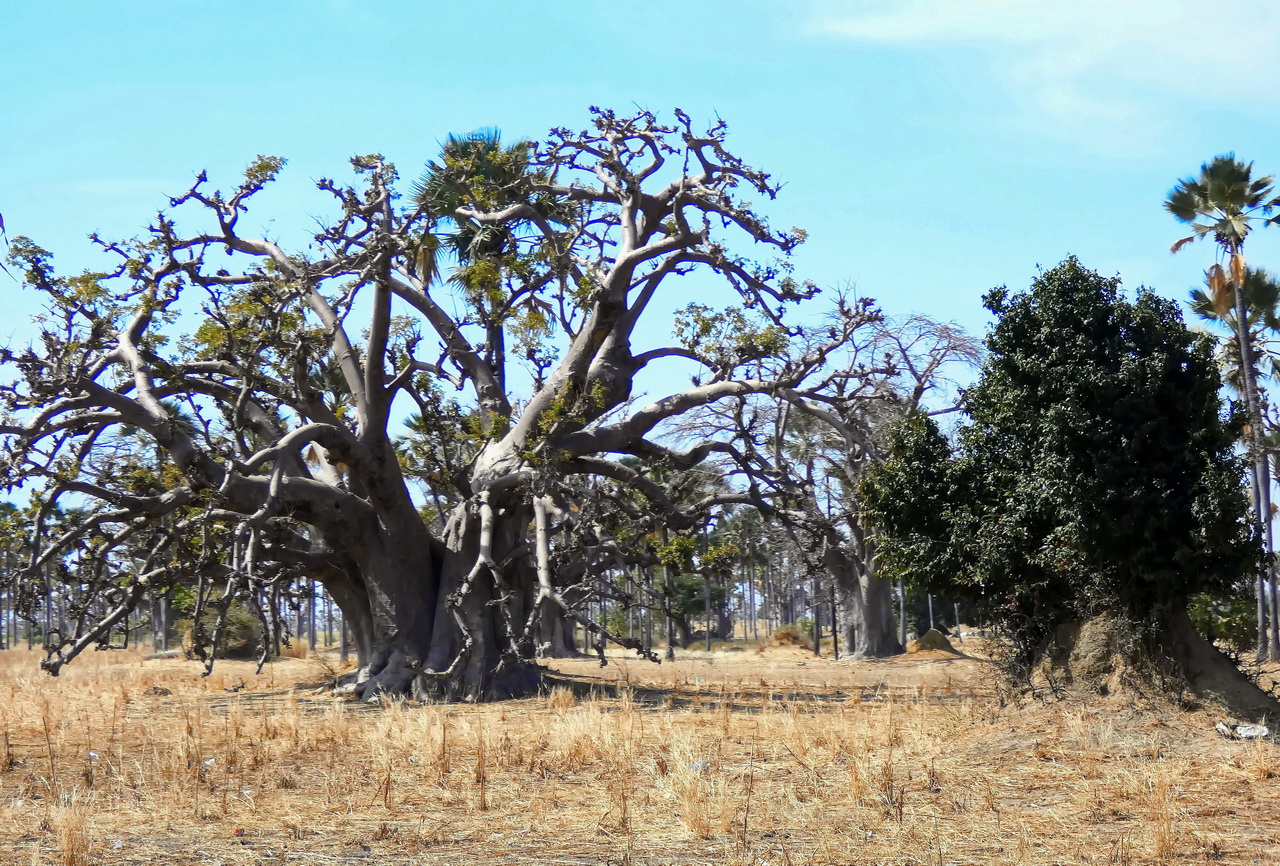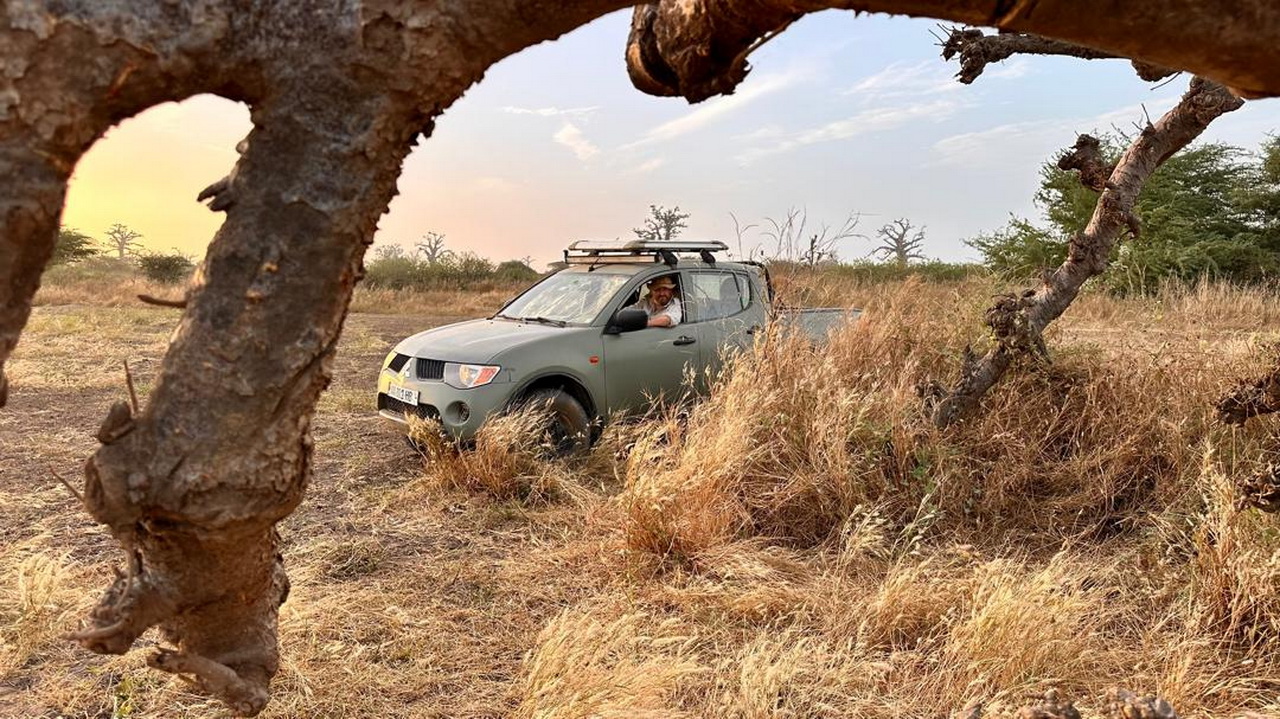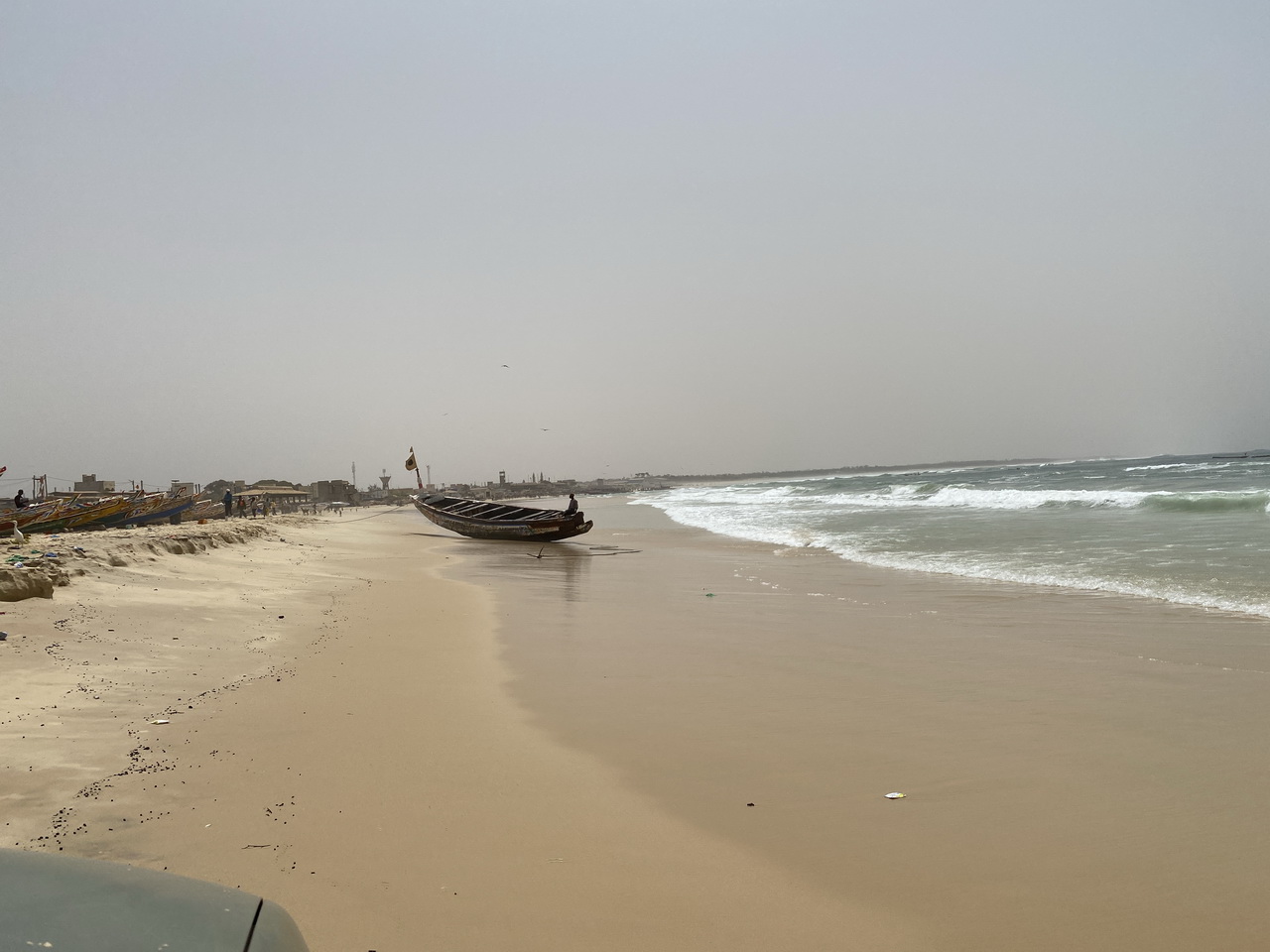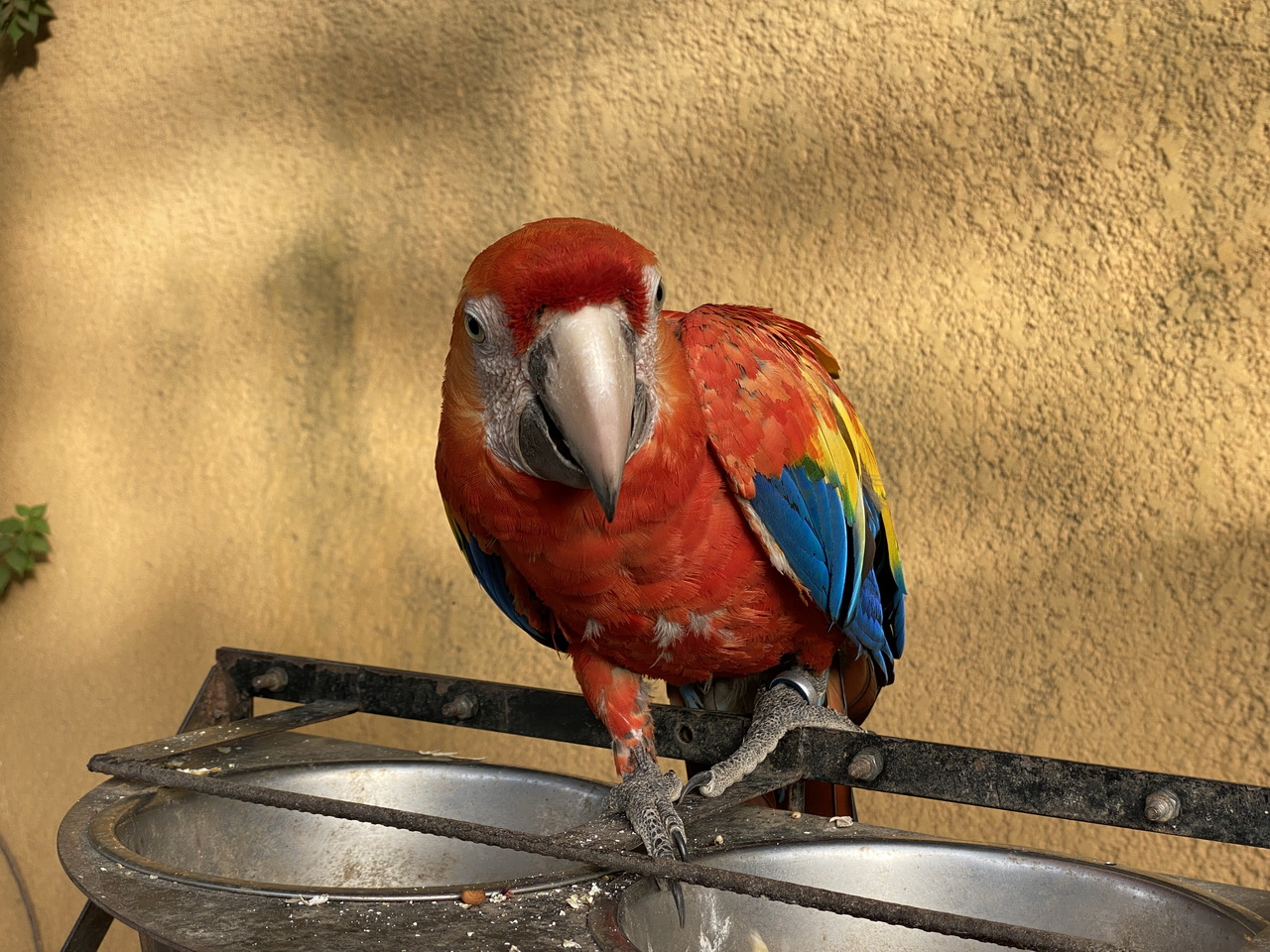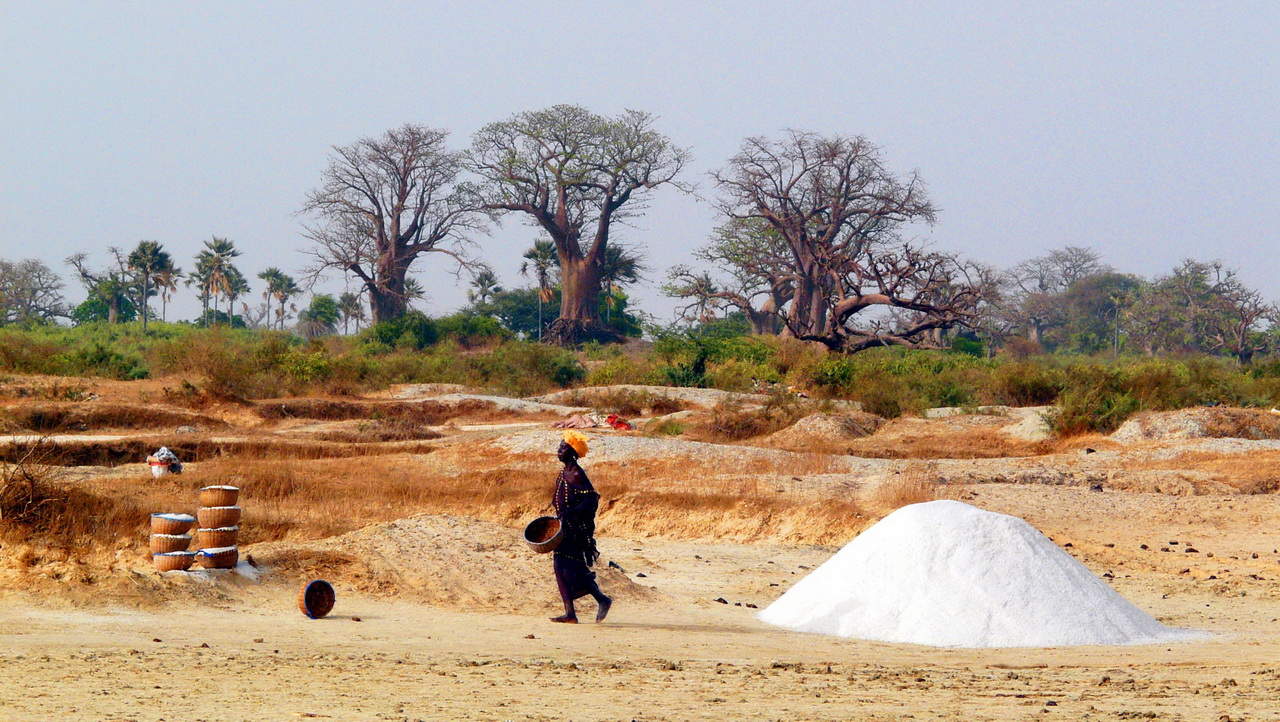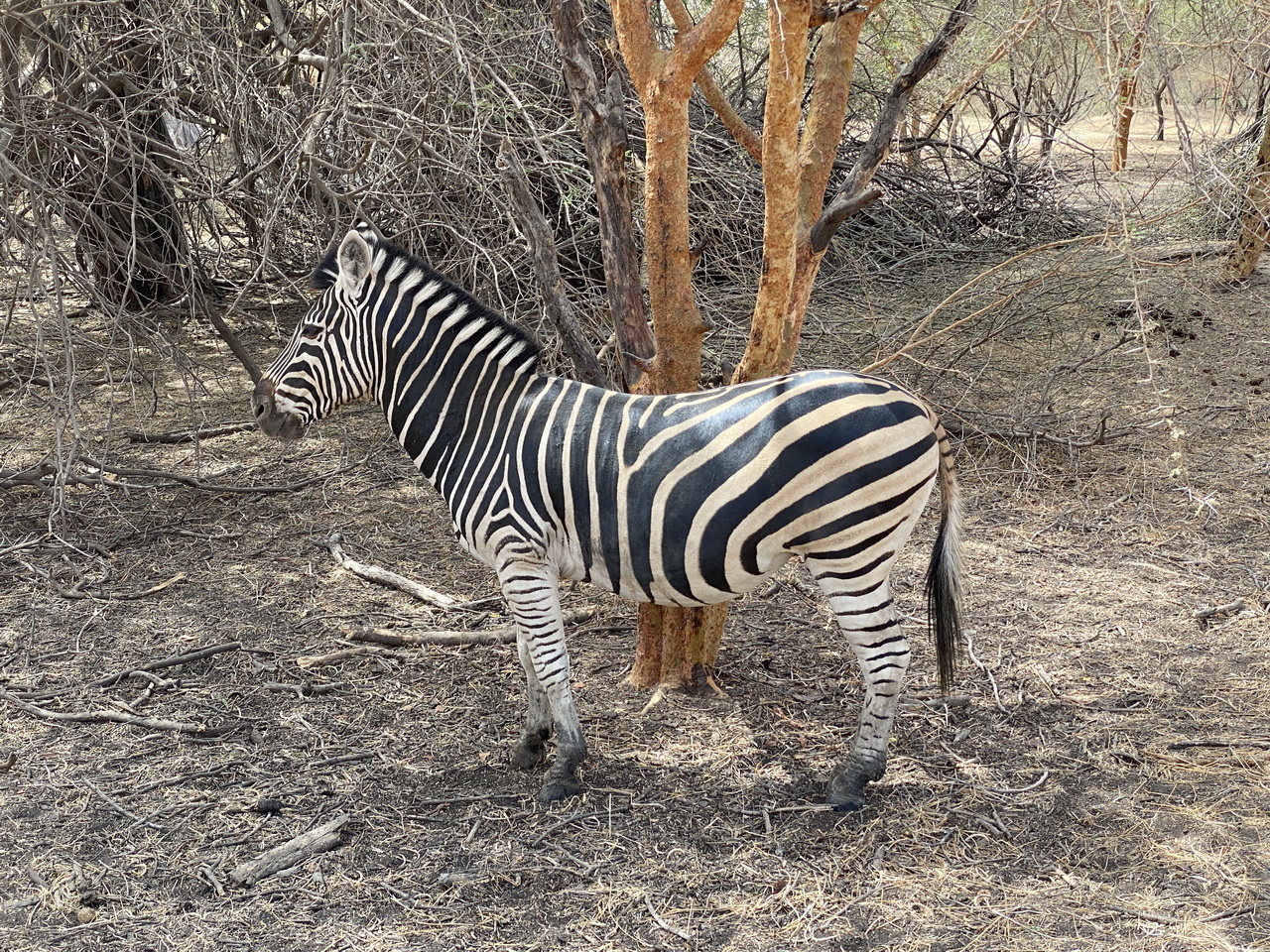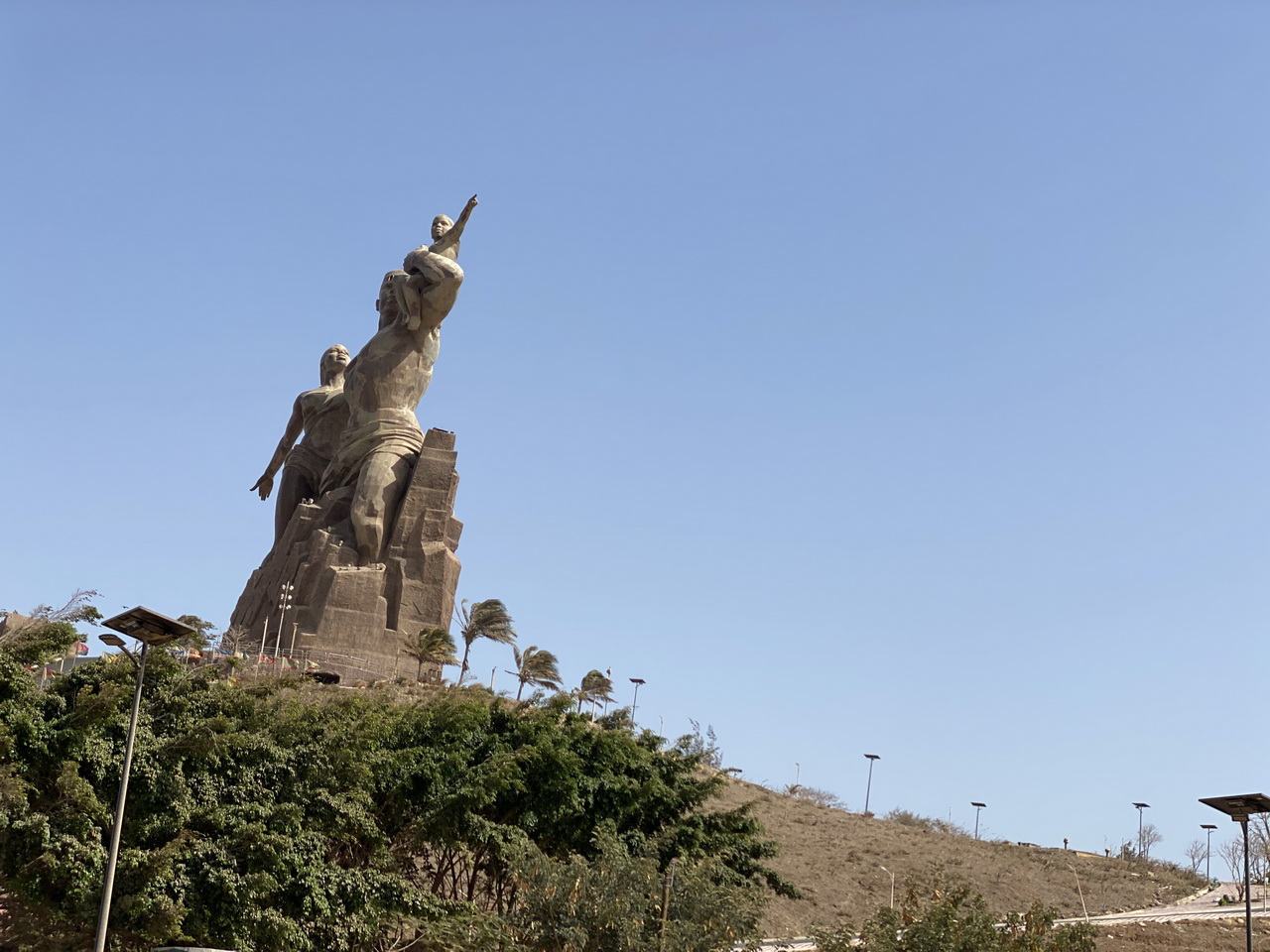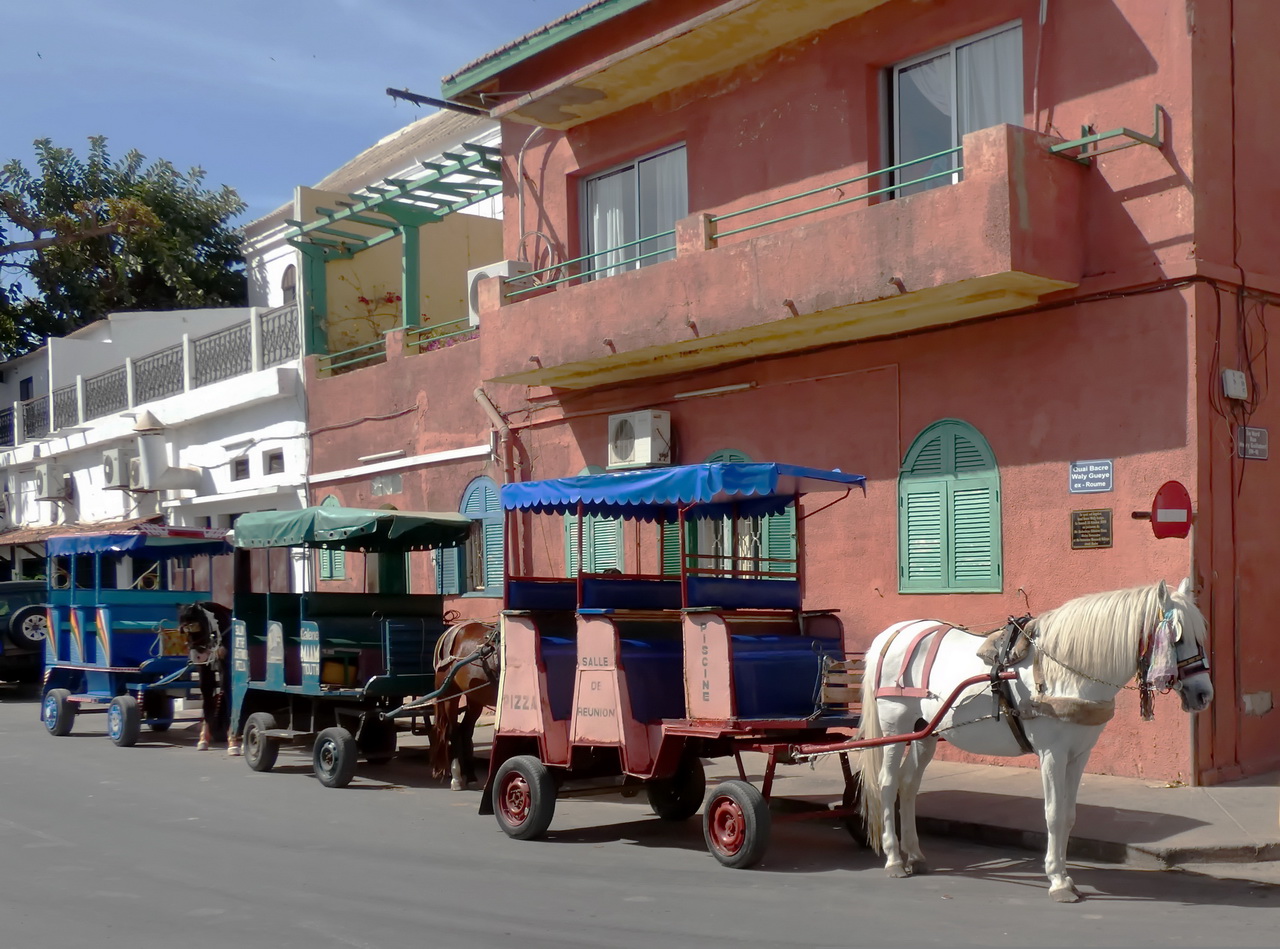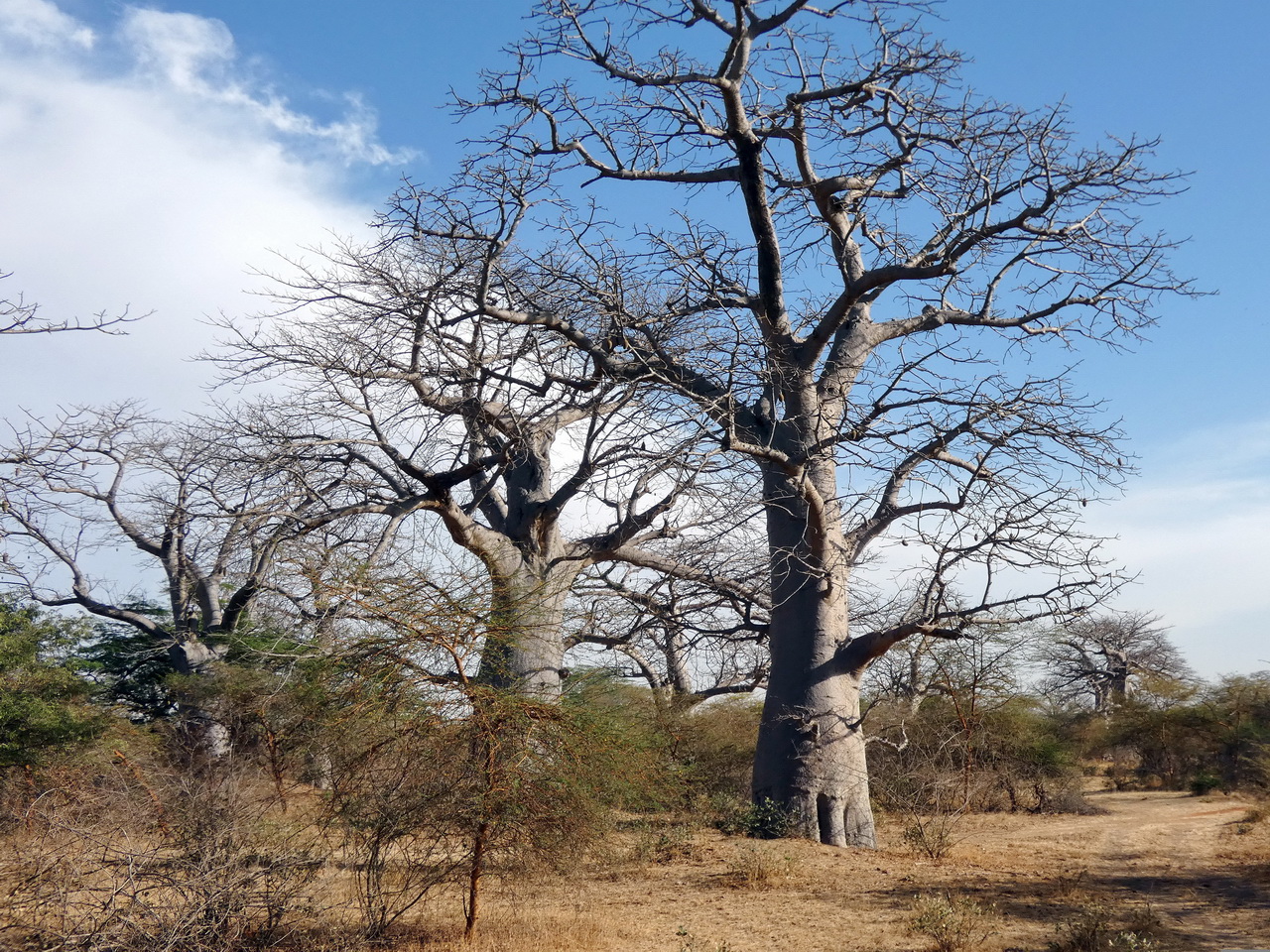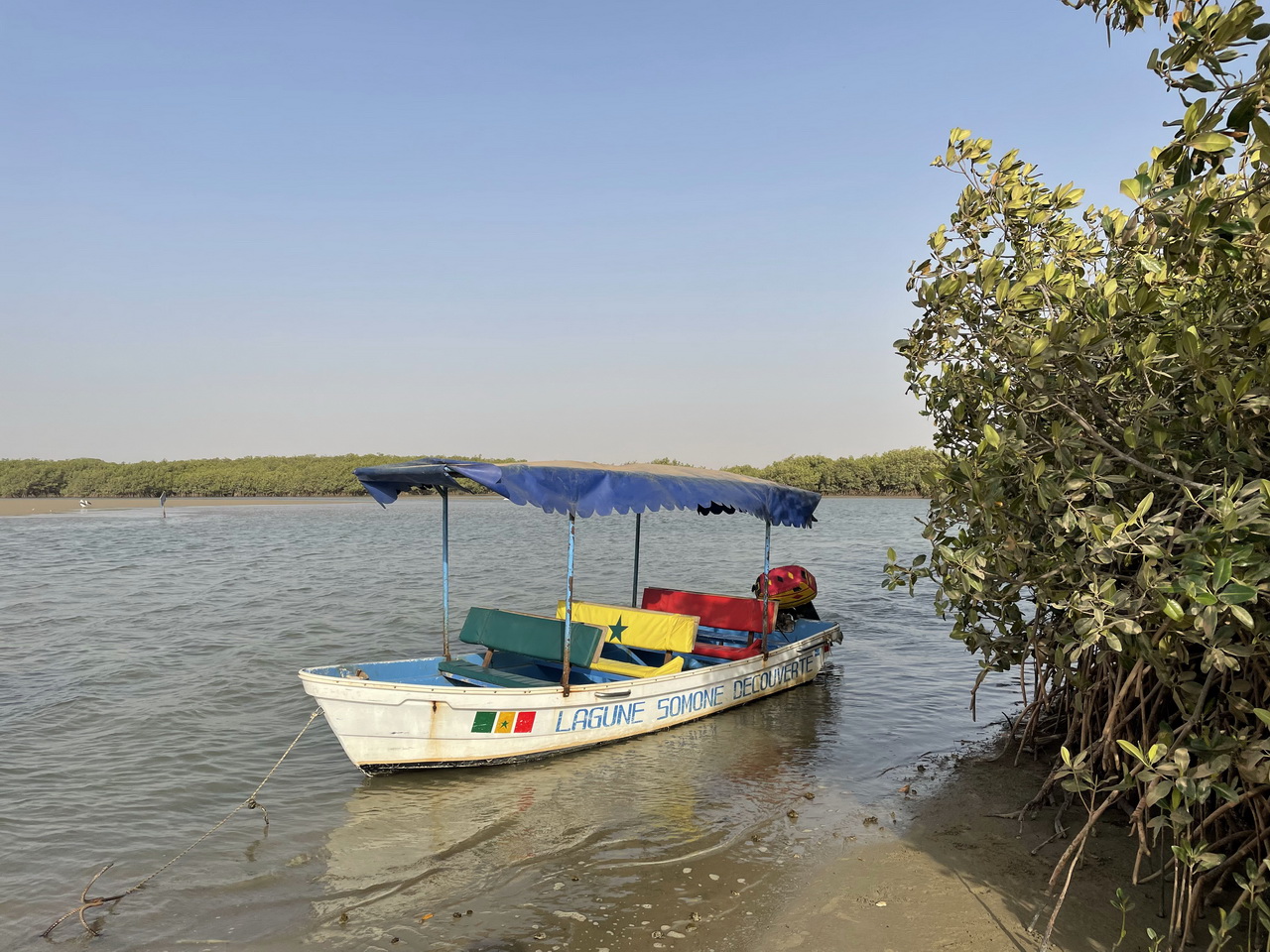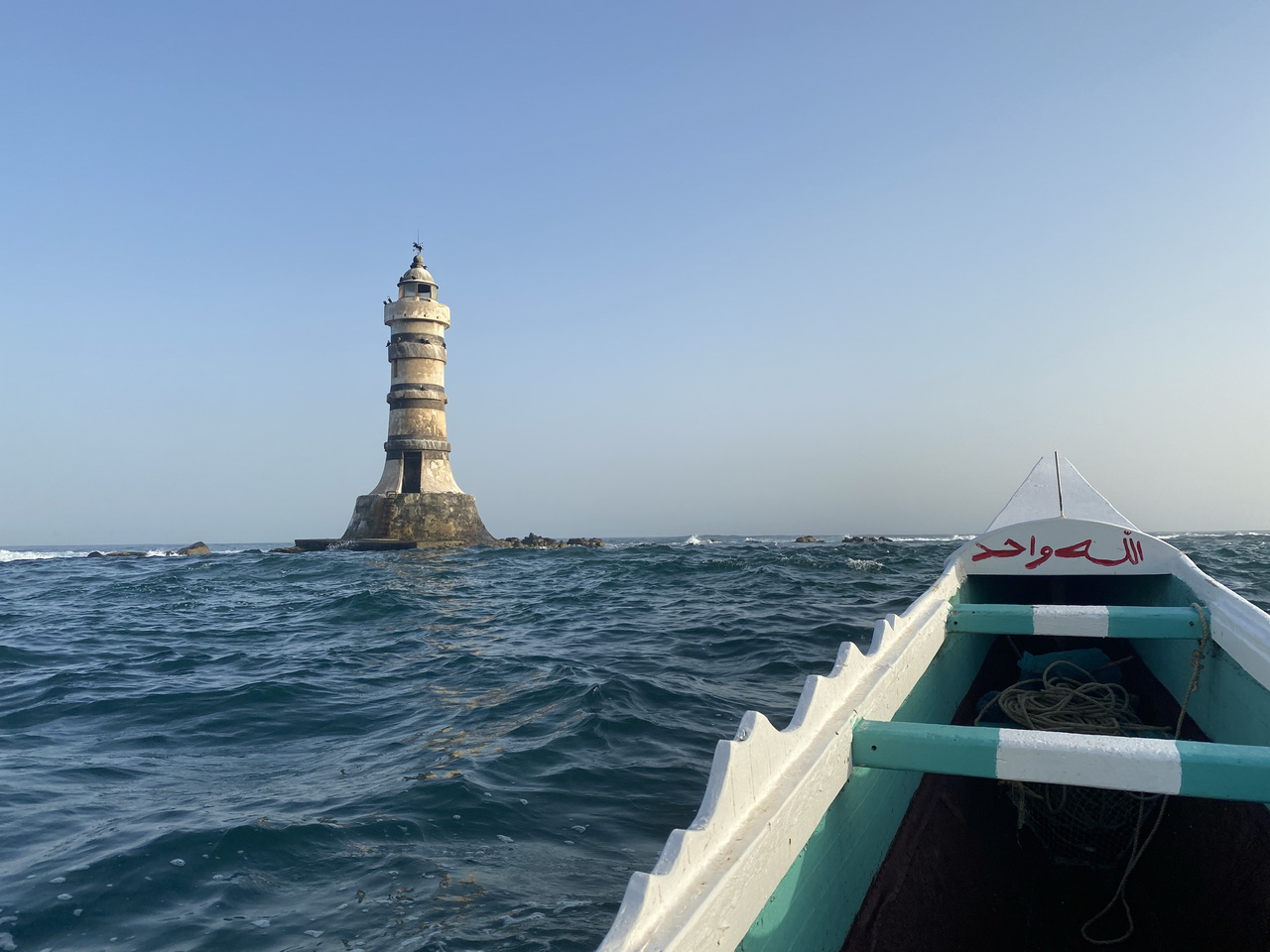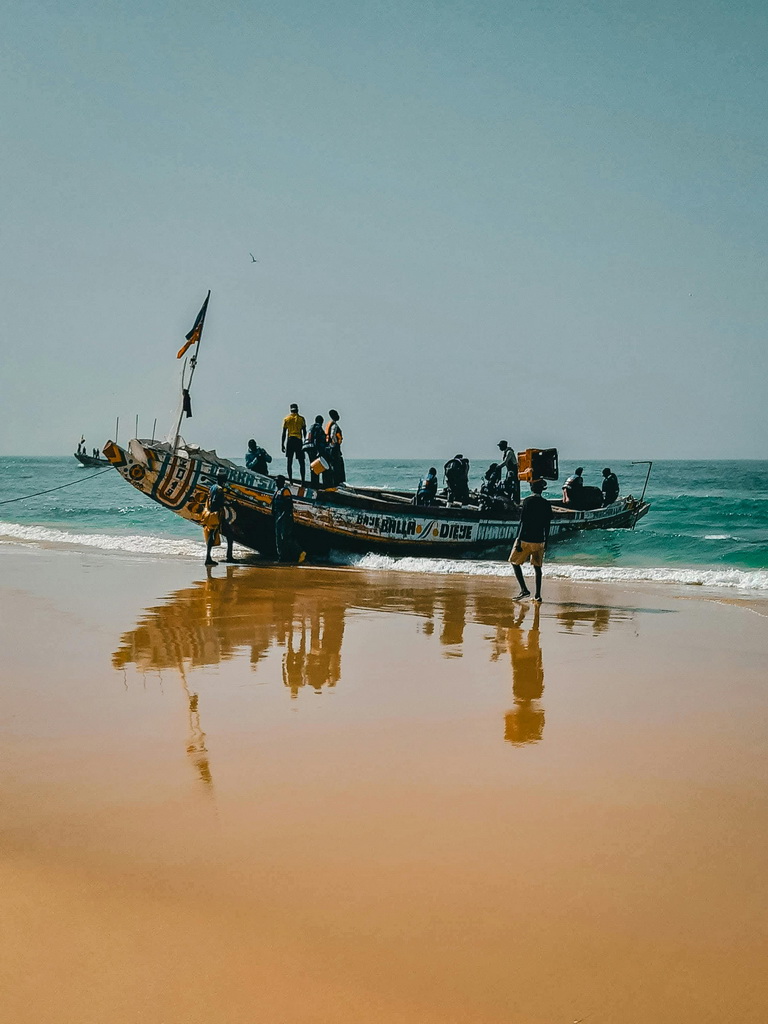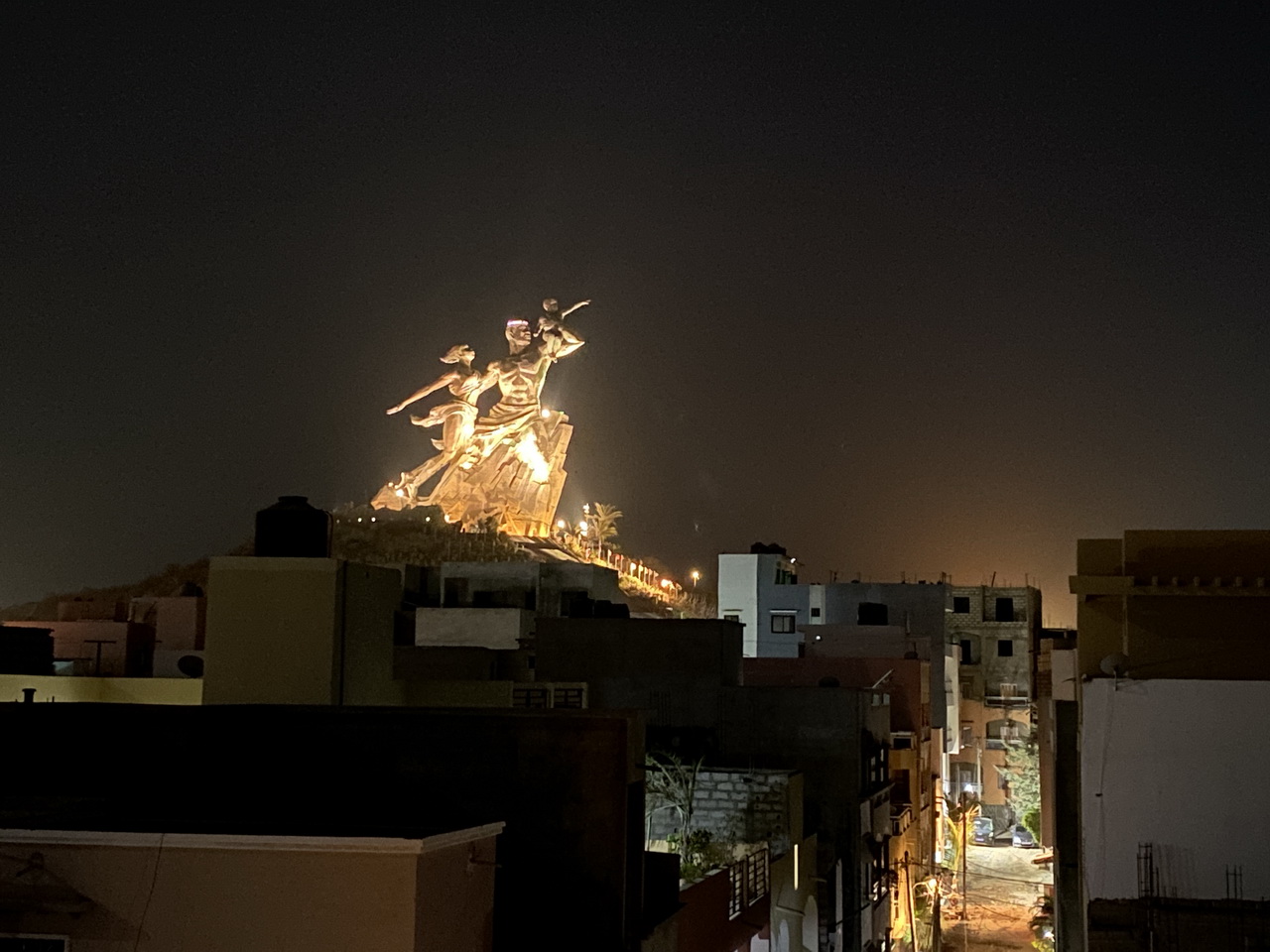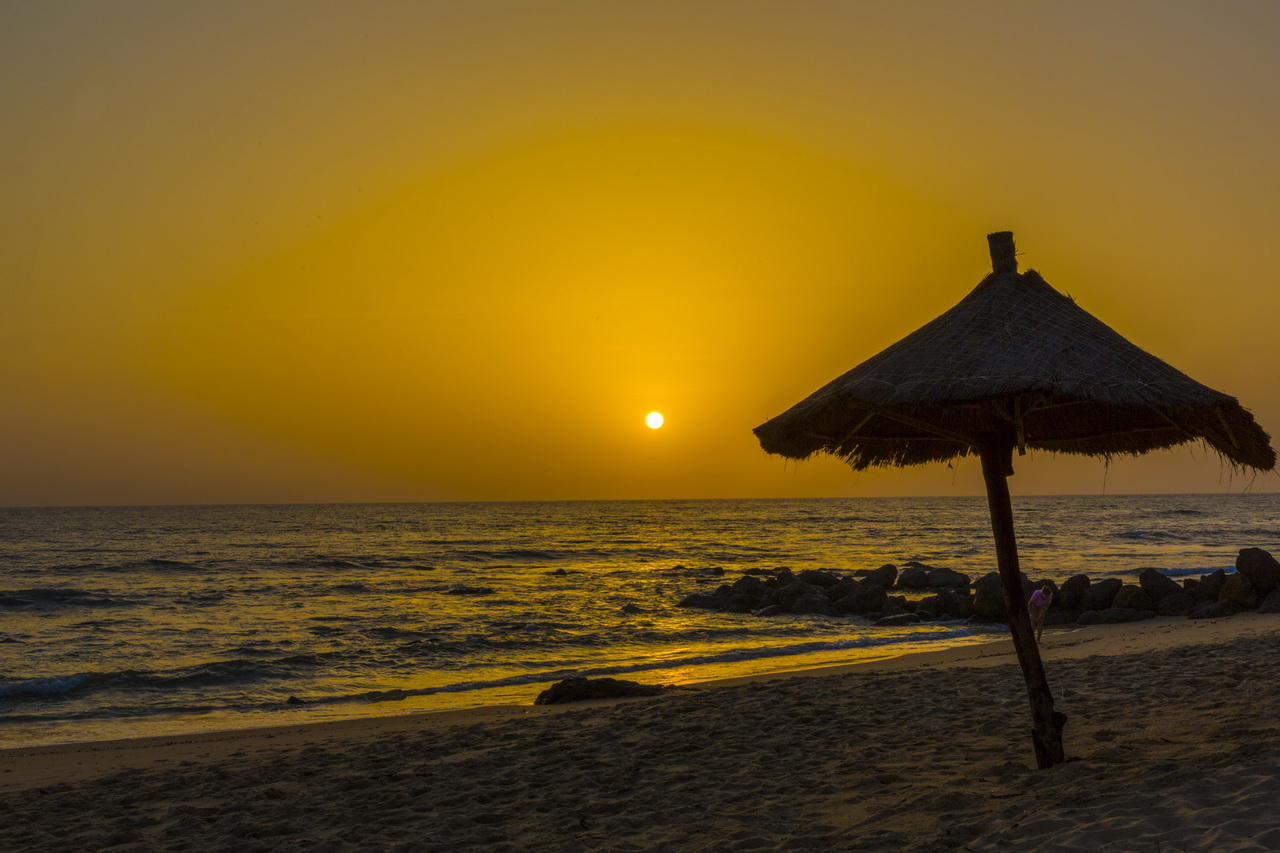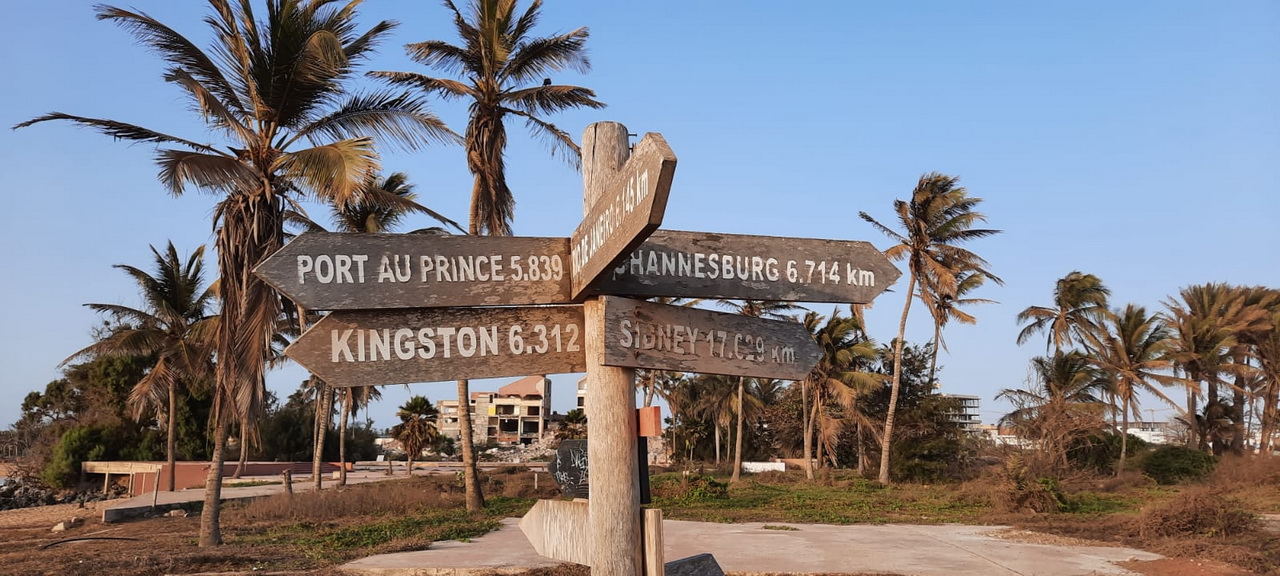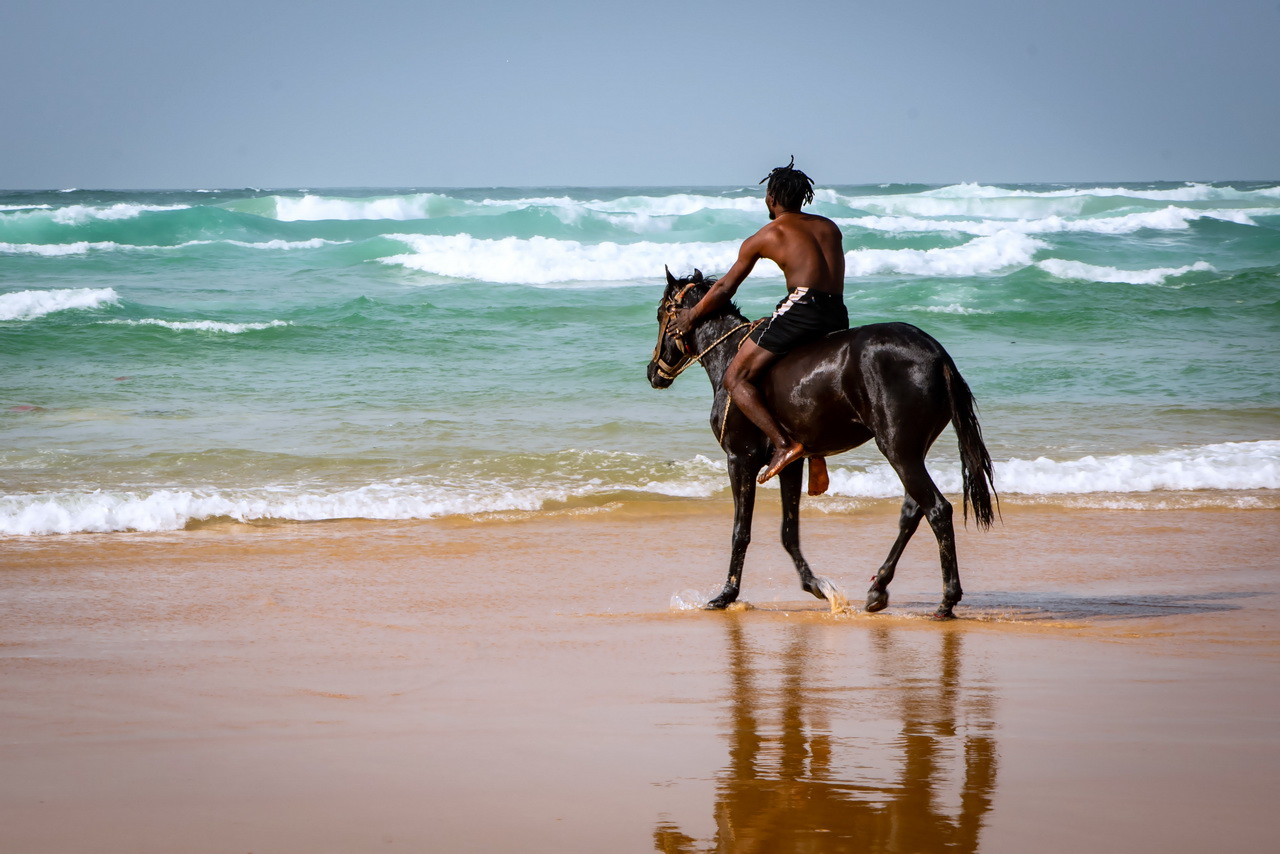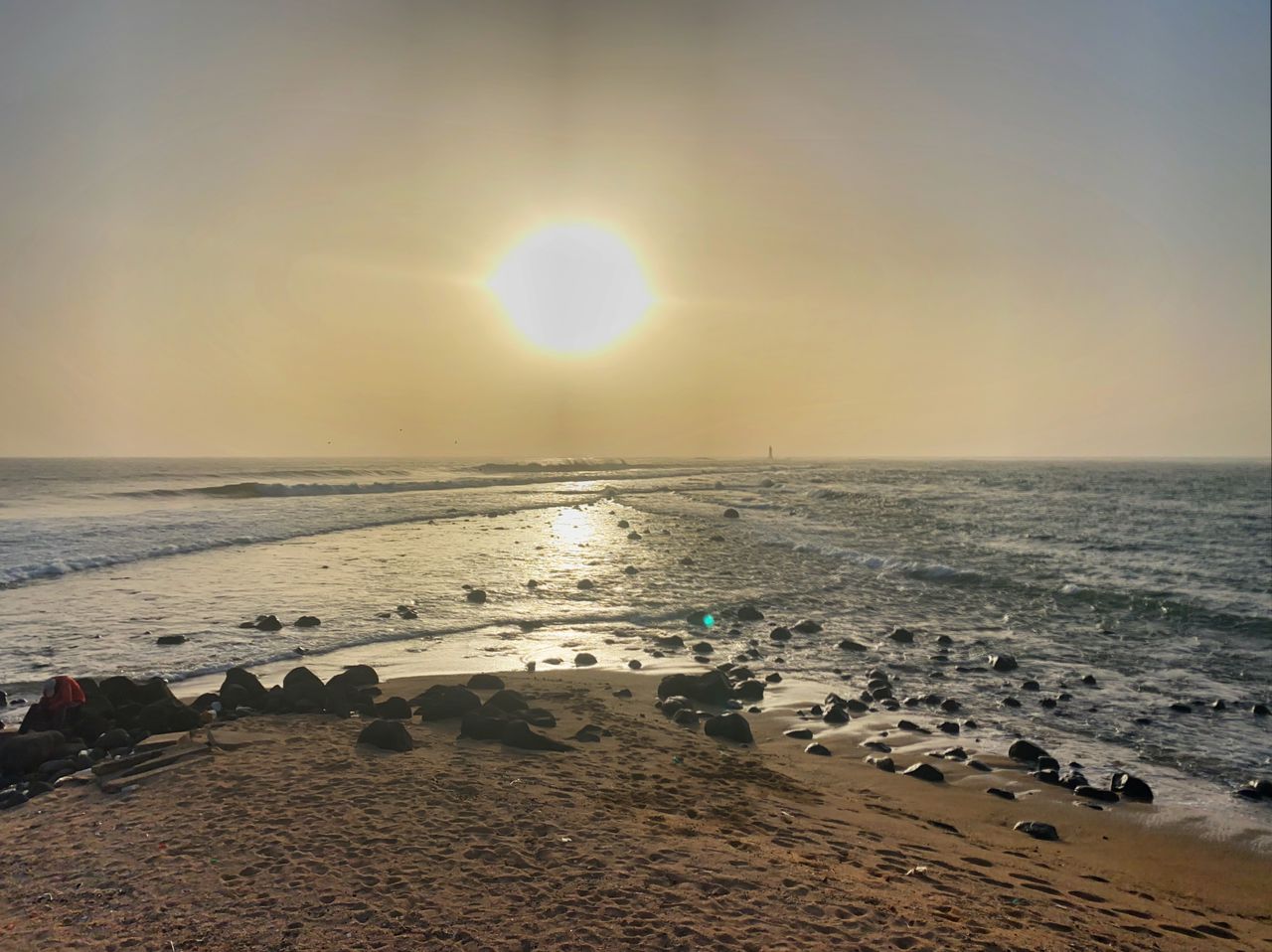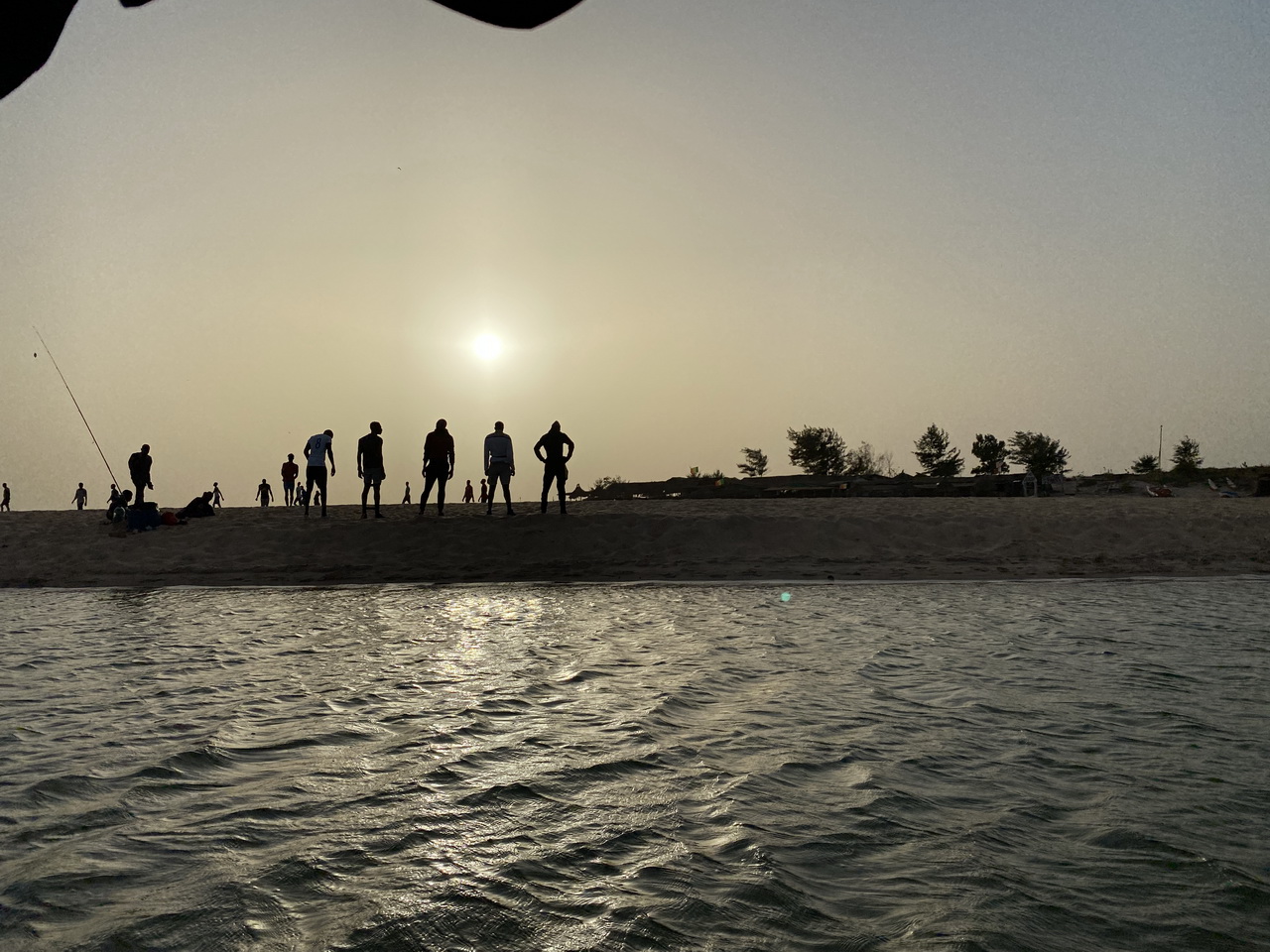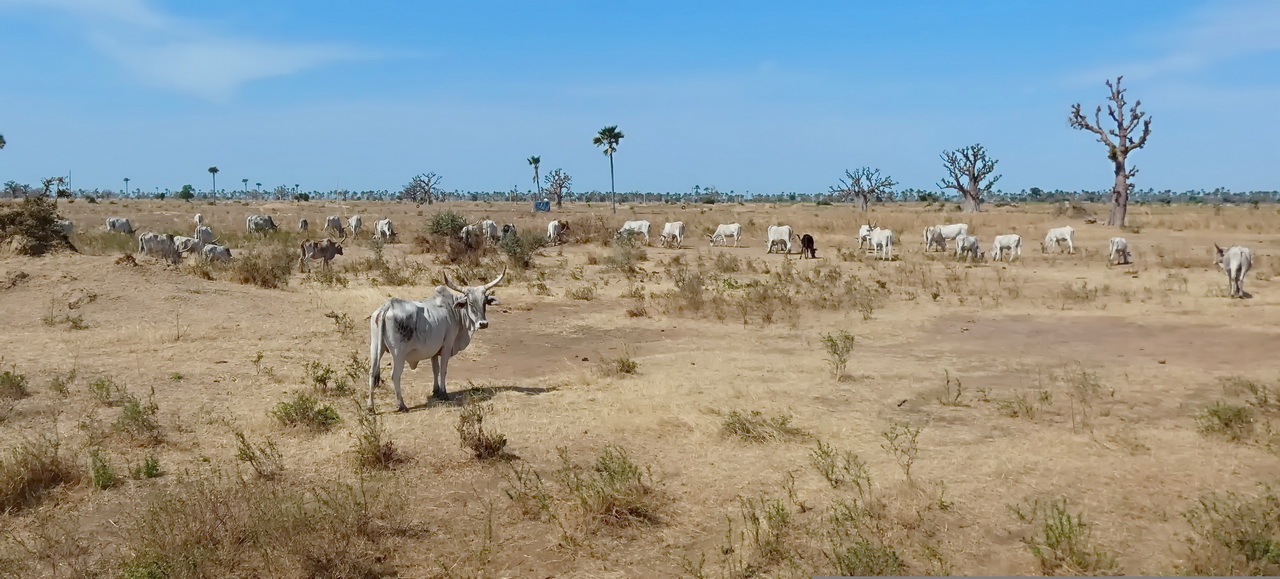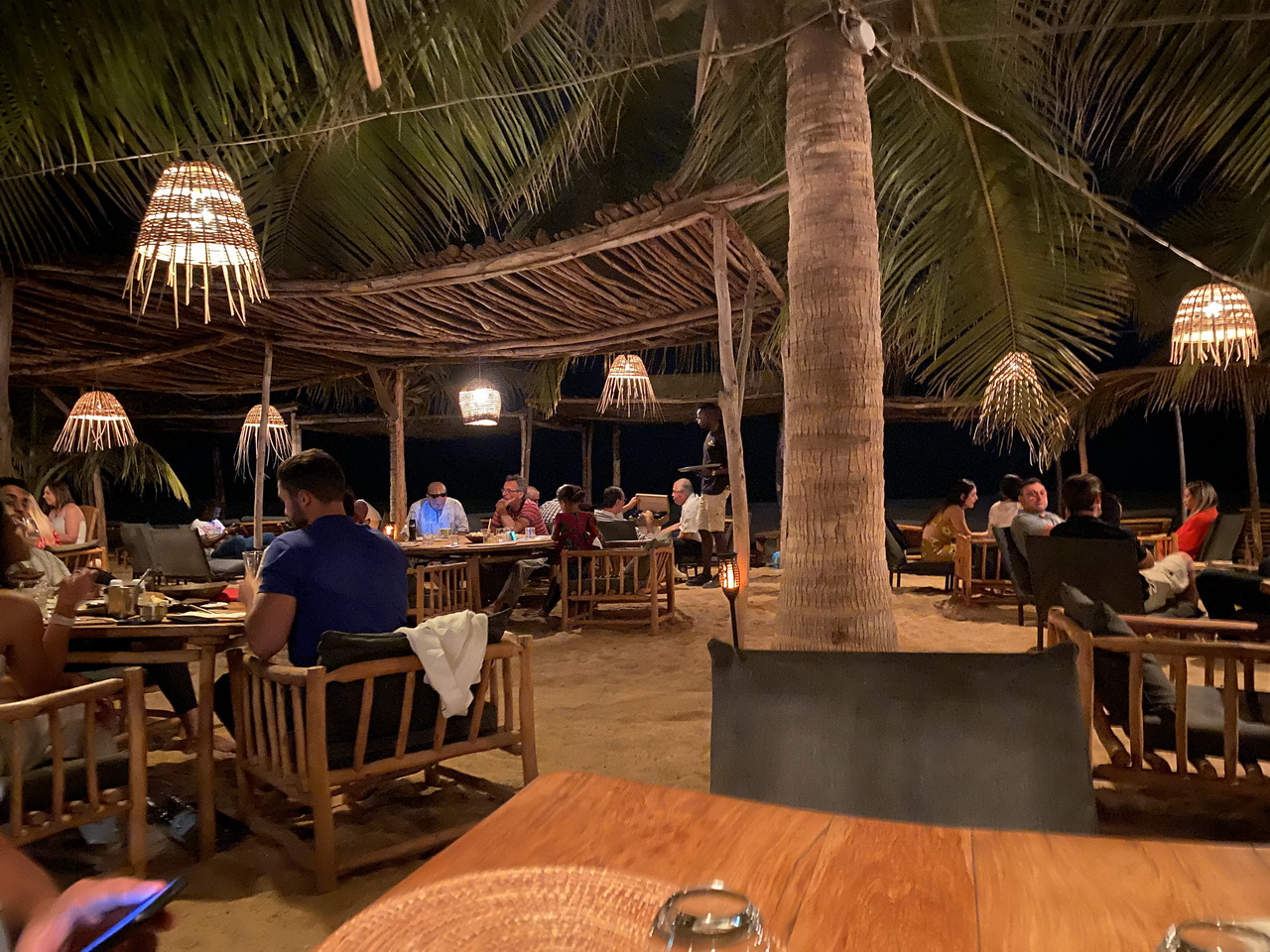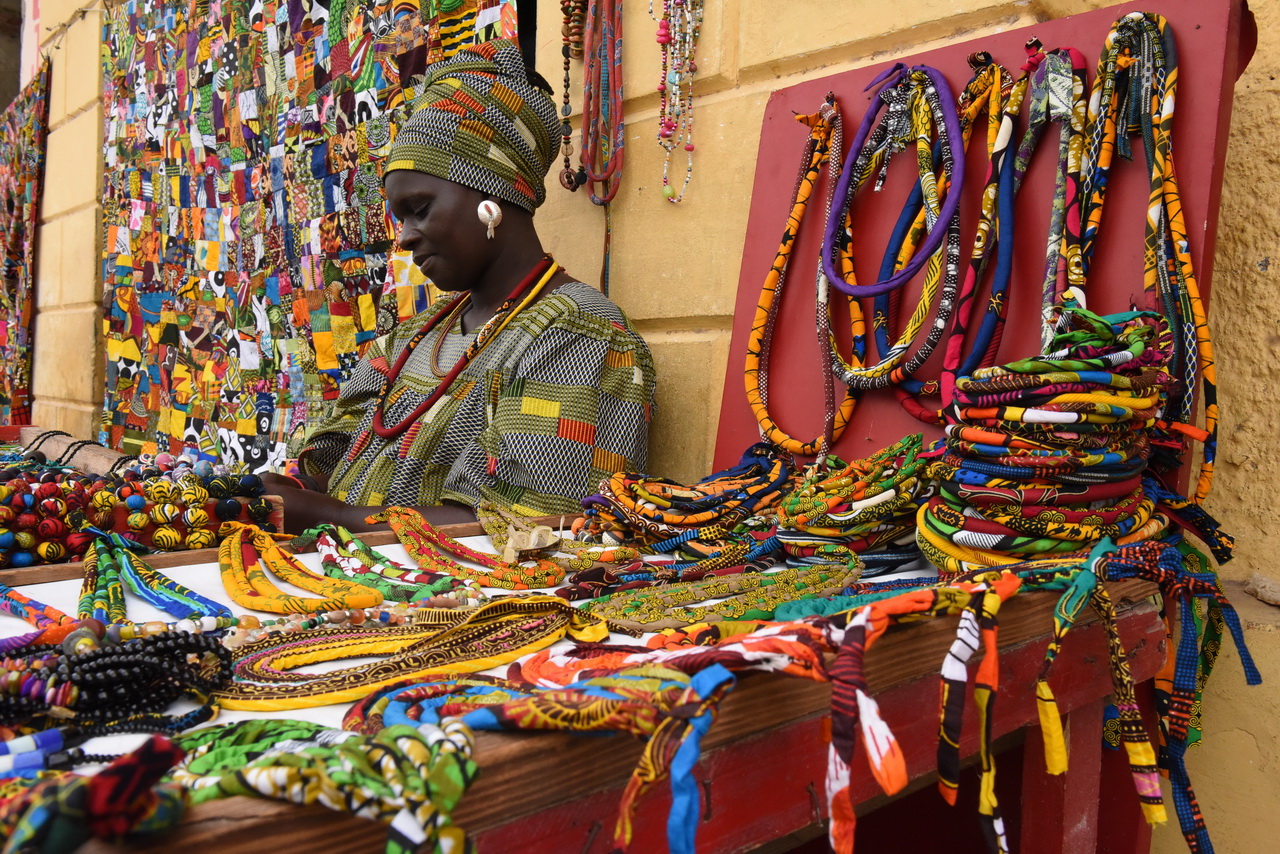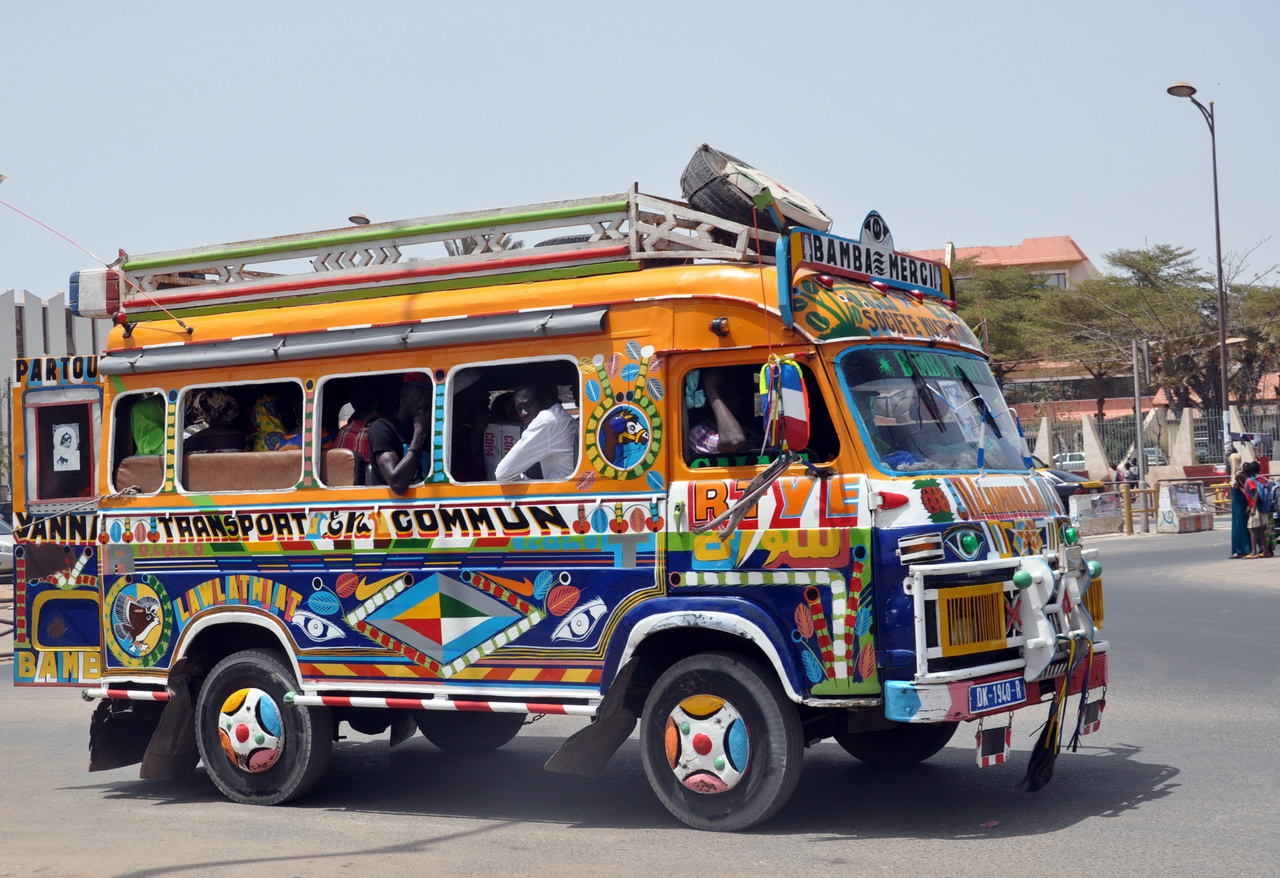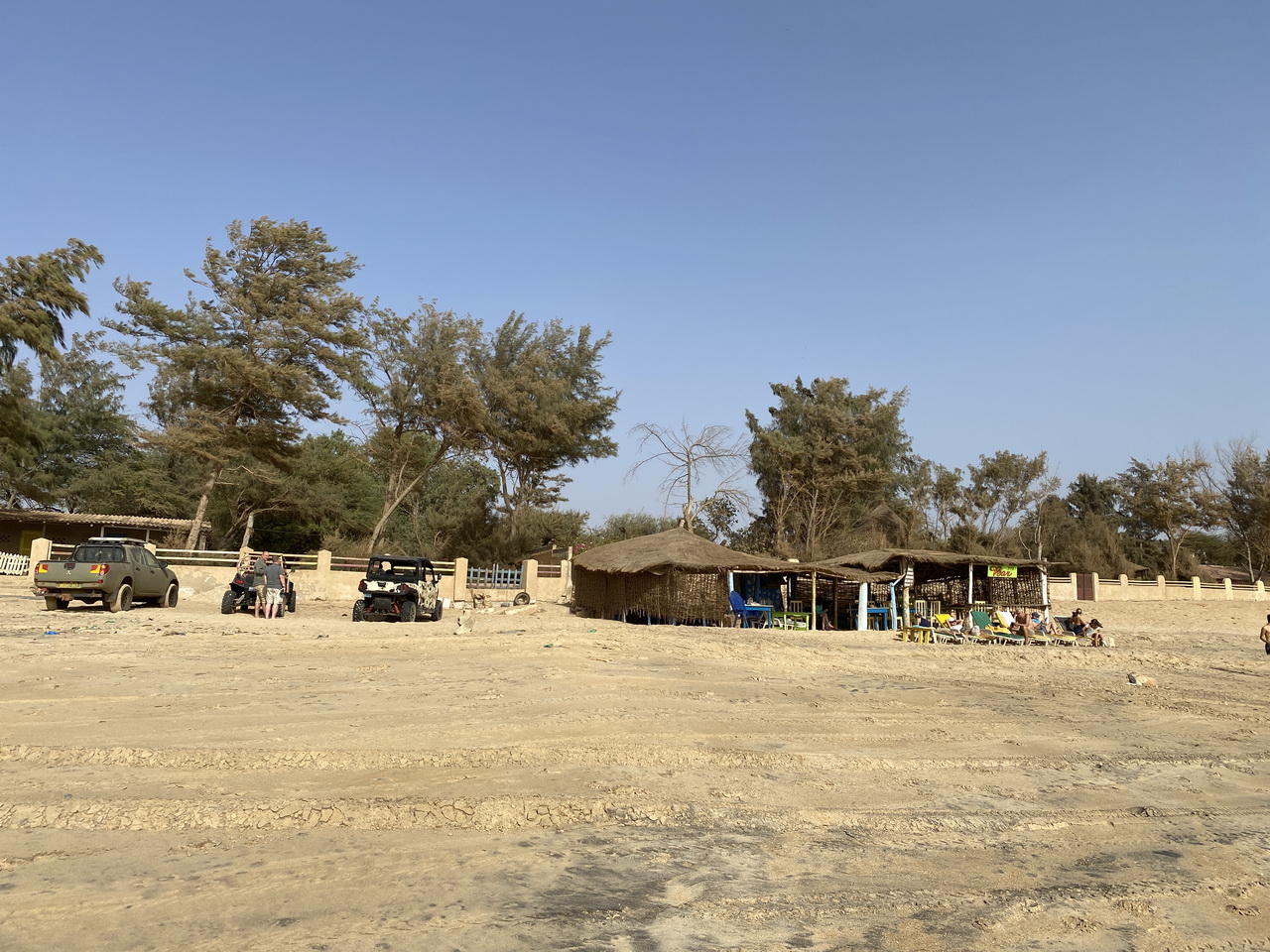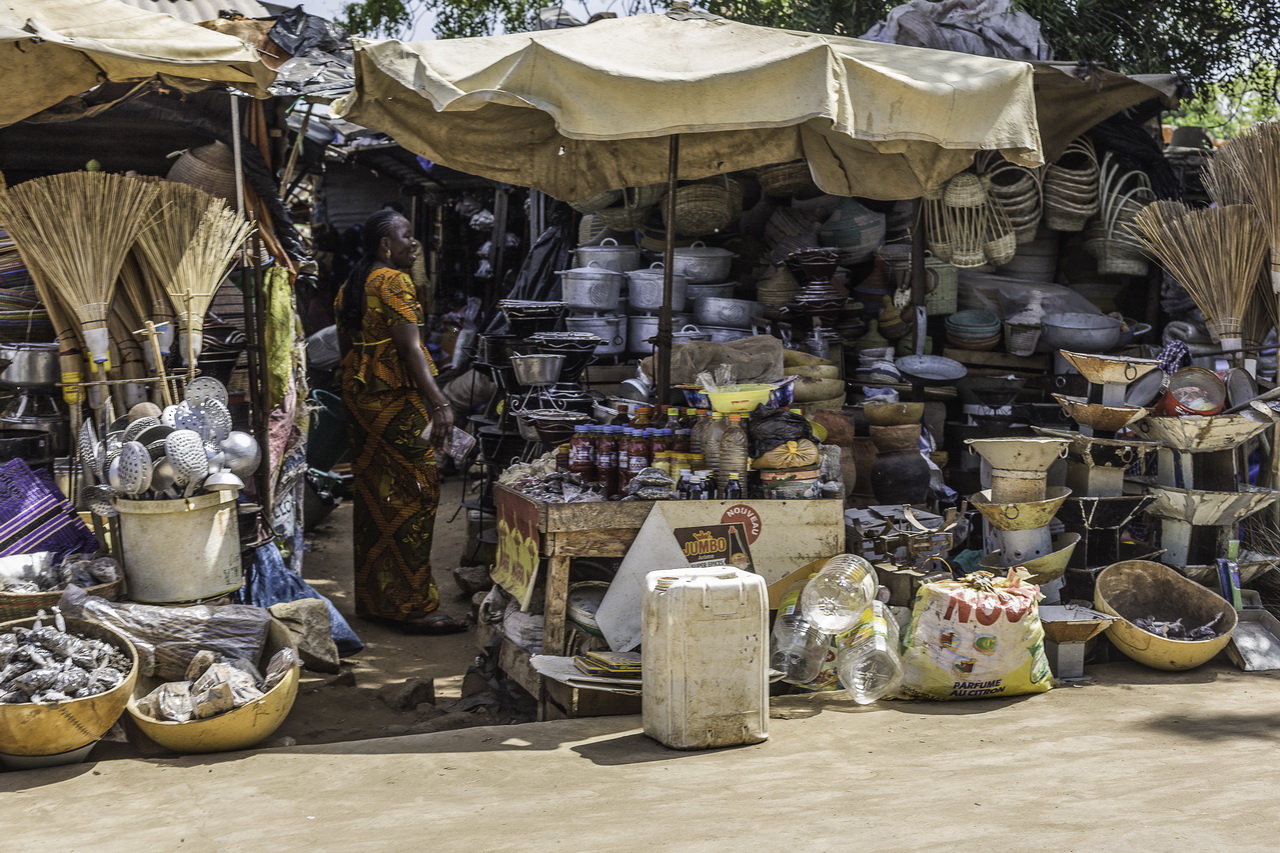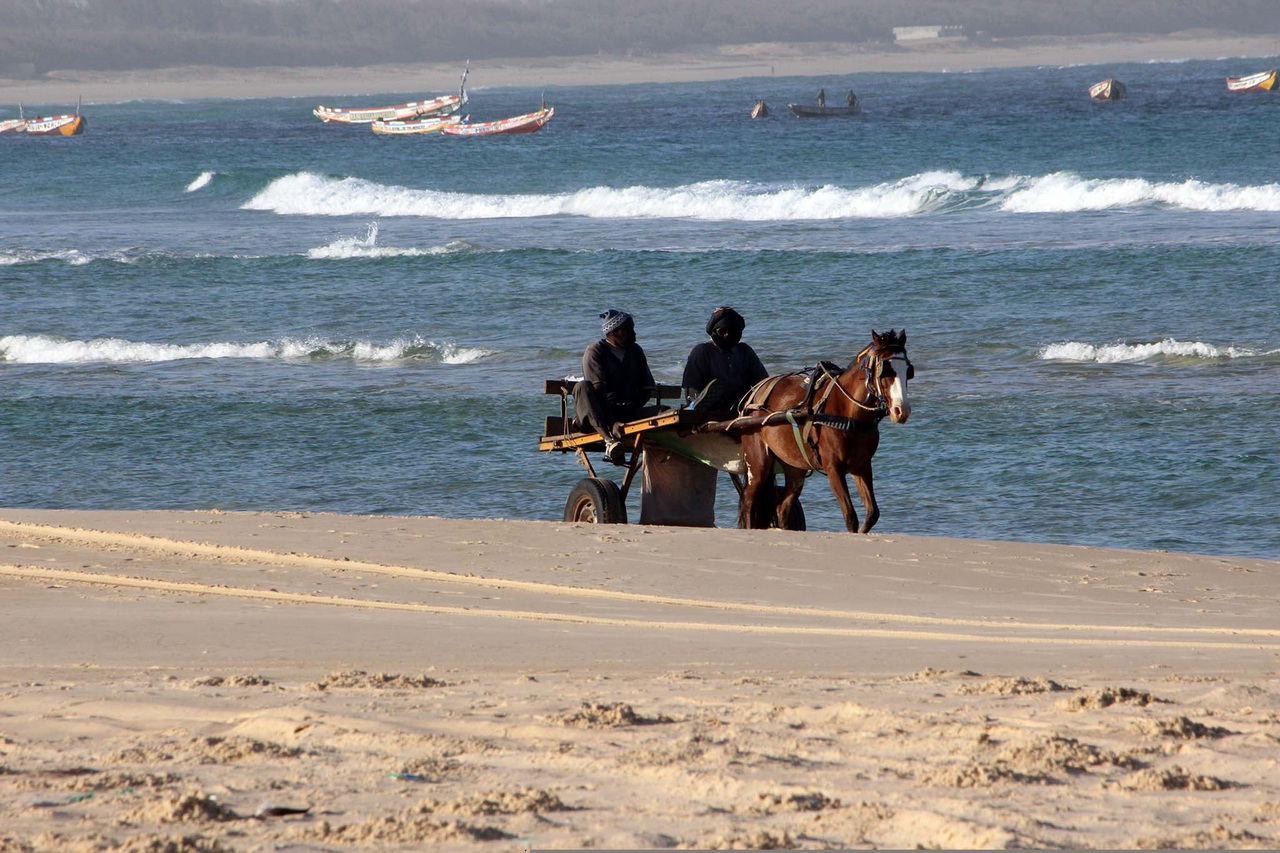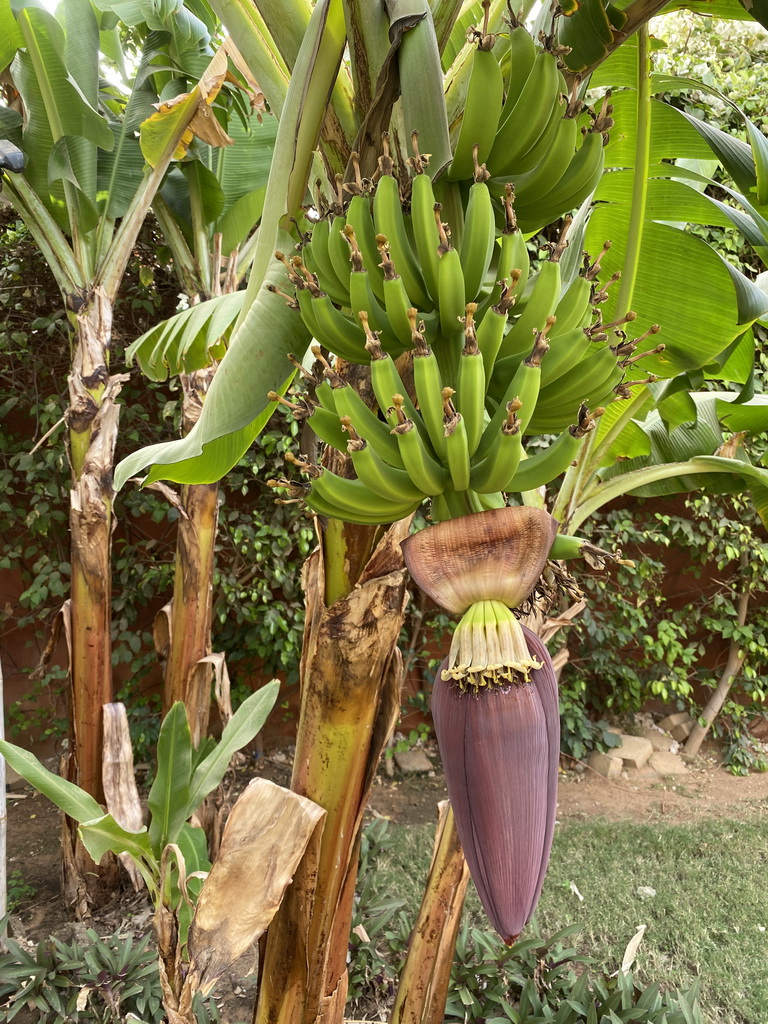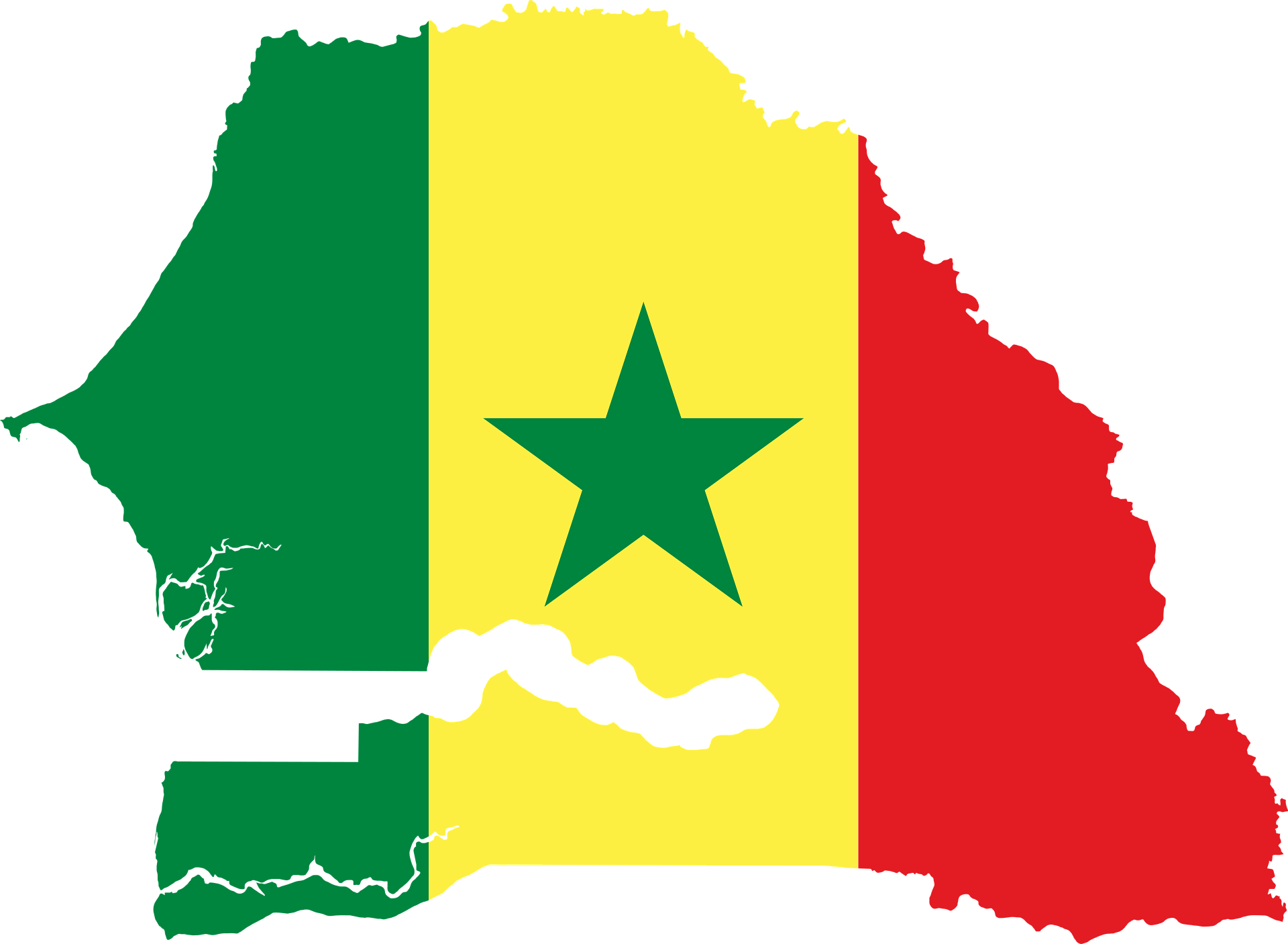About Senegal and it's people
Safe - Diverse - Up-and-coming
Senegal, the "Gateway to Africa," is a country of impressive diversity and vibrant culture. Located on the west coast of the African continent, Senegal offers a fascinating blend of tradition and modernity.
Its inhabitants, known for their hospitality and as the "Teranga" people, are characterized by a warm openness that welcomes visitors from all over the world. The country is rich in cultural heritage and offers a kaleidoscope of music, art, and dance – from the traditional Mbalax rhythm to lively markets and handicrafts.
The country's official language is French, a relic of its colonial past, while Wolof is the most widely spoken local language.
With many expats living here, often from France, Lebanon, or even Germany, it is possible to communicate in English or German.
The diversity is also reflected in the religious traditions, with Islam being the dominant religion and coexisting peacefully with other faiths. Intermarriages between Christians and Muslims are quite common. Holidays of different religions are often and happily celebrated together. There is no hatred or contempt for other religions here; people live together peacefully and respect each other.
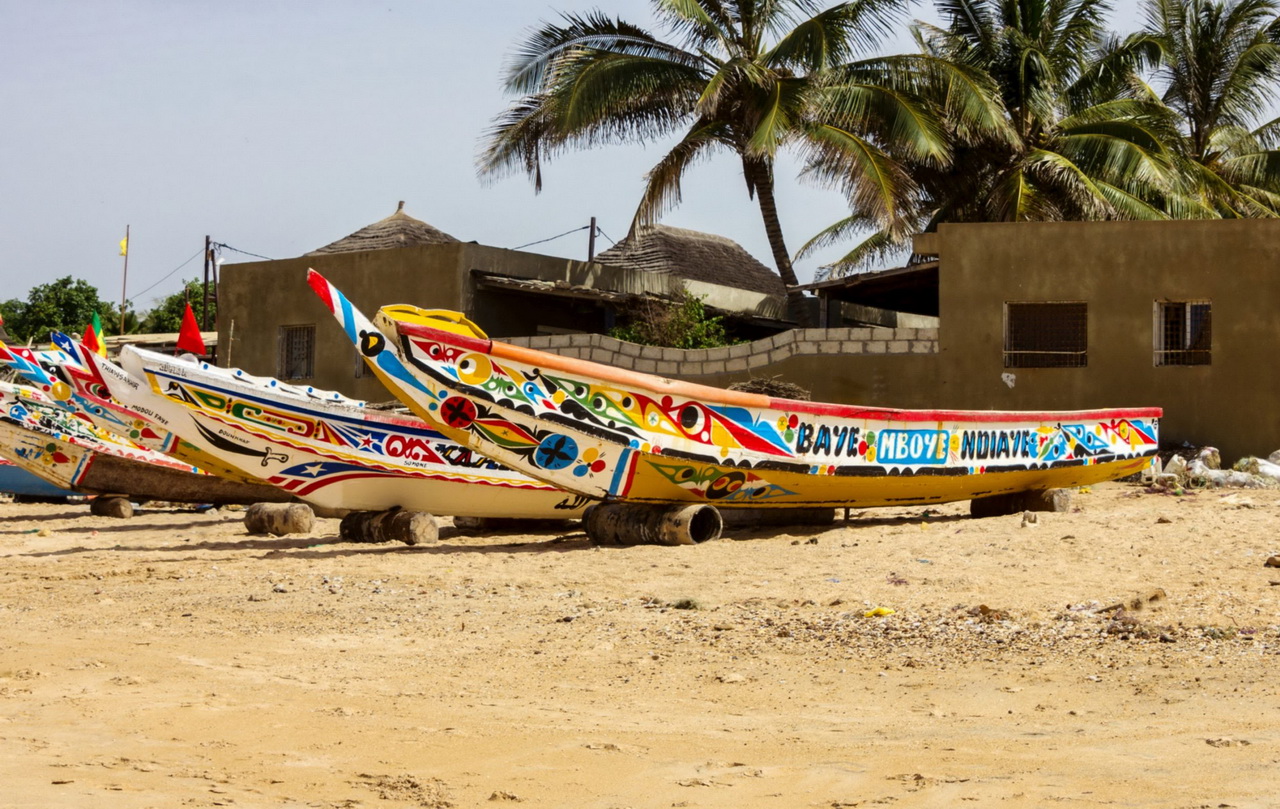 Geography
Geography
Senegal covers an area of approximately 196,722 square kilometers and is bordered by the Atlantic Ocean to the west. The country borders Mauritania to the north, Mali to the east, and Guinea and Guinea-Bissau to the south.
The capital, Dakar, located on the Cap Vert Peninsula, is the westernmost city on the African mainland and an important cultural and economic center. The country's geographical diversity is impressive: from the arid savannas in the north and east to the fertile soils of the Casamance region in the south, to the mangrove forests and lagoons along the coast. The Senegal River, which forms the border with Mauritania to the north, is the country's main water source.
Political Situation
Senegal is considered one of the most stable democracies in Africa. Since gaining independence from France in 1960, the country has experienced several peaceful changes of government. The political structure is a presidential republic, with the president serving as both head of state and head of government. Senegalese politics is characterized by an active civil society and regular, free elections.
This political stability has helped establish Senegal as a model of democracy in the region. In general, Senegal is considered a safe country. However, as in many countries, challenges remain. Petty crime, such as pickpocketing in busy urban areas, can occur, and it is recommended to be especially vigilant in larger cities such as Dakar. In the Casamance region in the south of the country, there are occasional tensions arising from old conflicts over independence. This region should be traveled with caution, and current travel advice from the Federal Foreign Office should be observed.
Accessibility
Senegal is located approximately 4,500 to 5,000 kilometers from Germany, depending on the departure point. The flight time from Frankfurt am Main to Dakar is usually about 6 to 7 hours. Blaise Diagne International Airport, about 40 kilometers from Dakar, is a modern hub with good connections to Europe and other parts of the world. Many large and small airlines offer flights to and from Dakar.
It is easy to fly to Senegal from Berlin, Frankfurt, Munich, and other German hubs. Dakar can also be reached quickly from Leipzig with a stopover in Frankfurt, Paris, or Brussels, for example. The Senegalese airline Air Senegal also has a very modern fleet of aircraft and flies to a wide variety of destinations in Africa and Europe.



